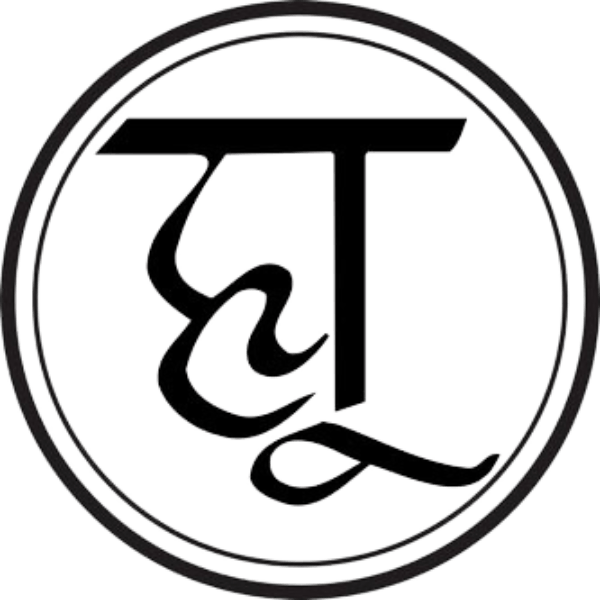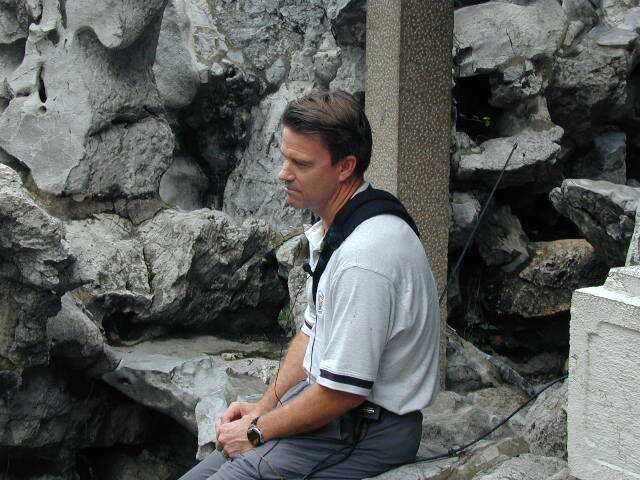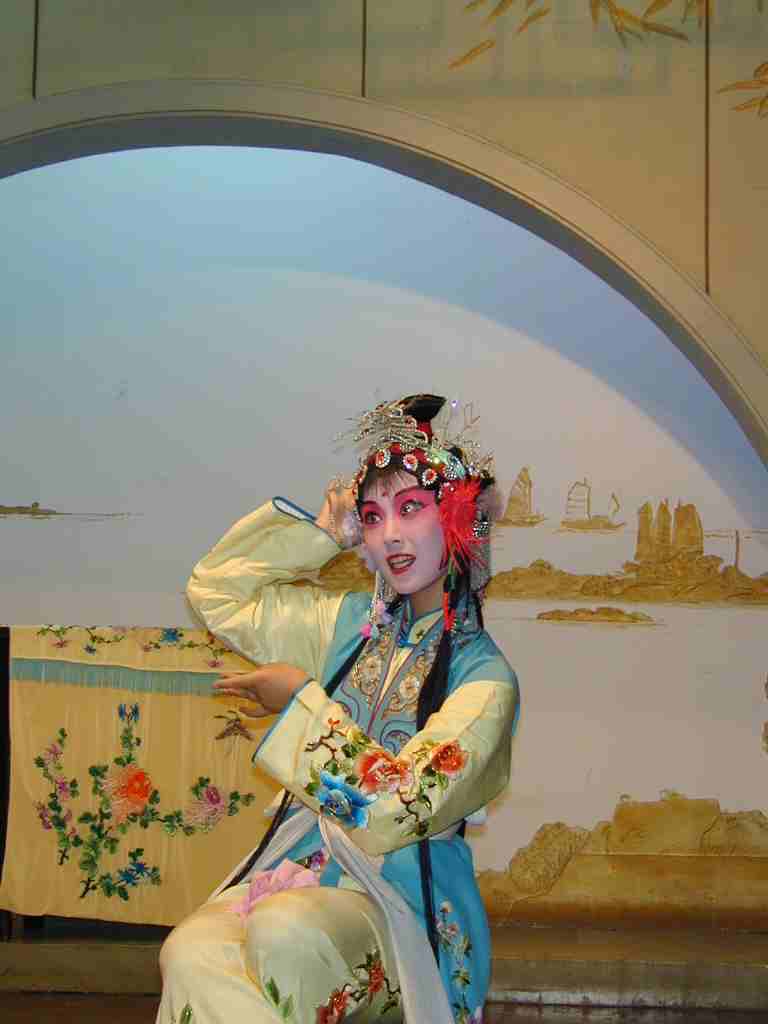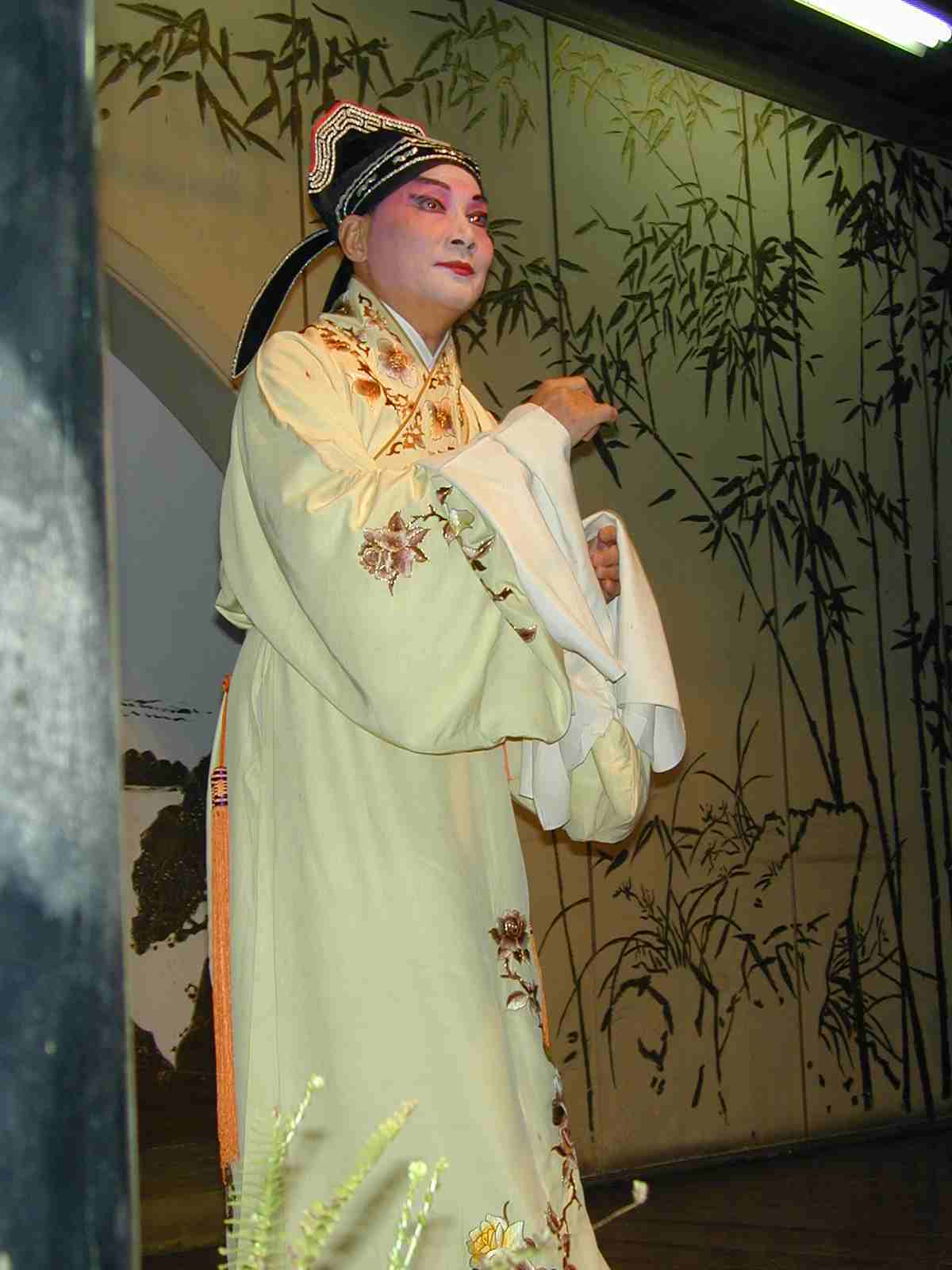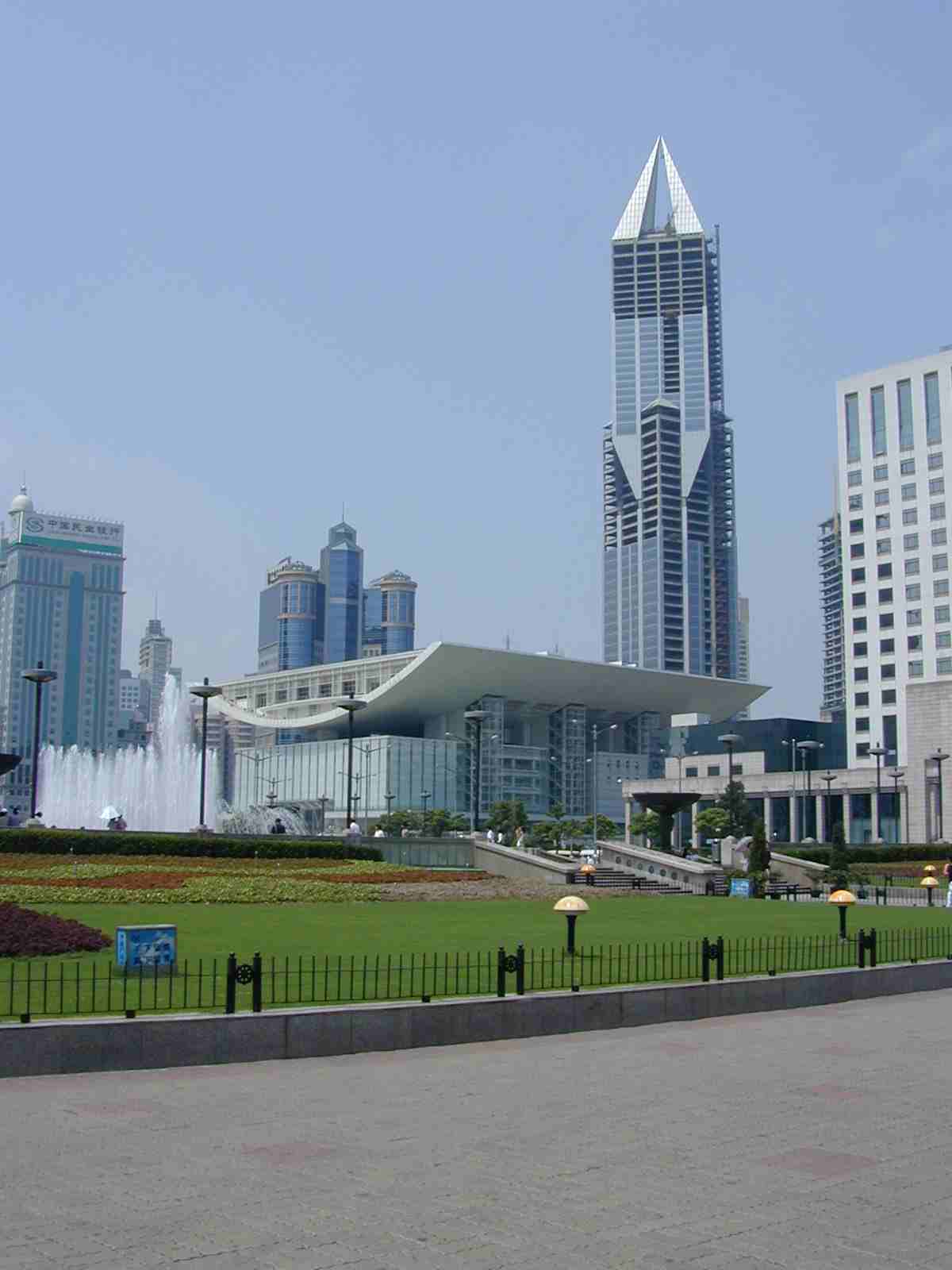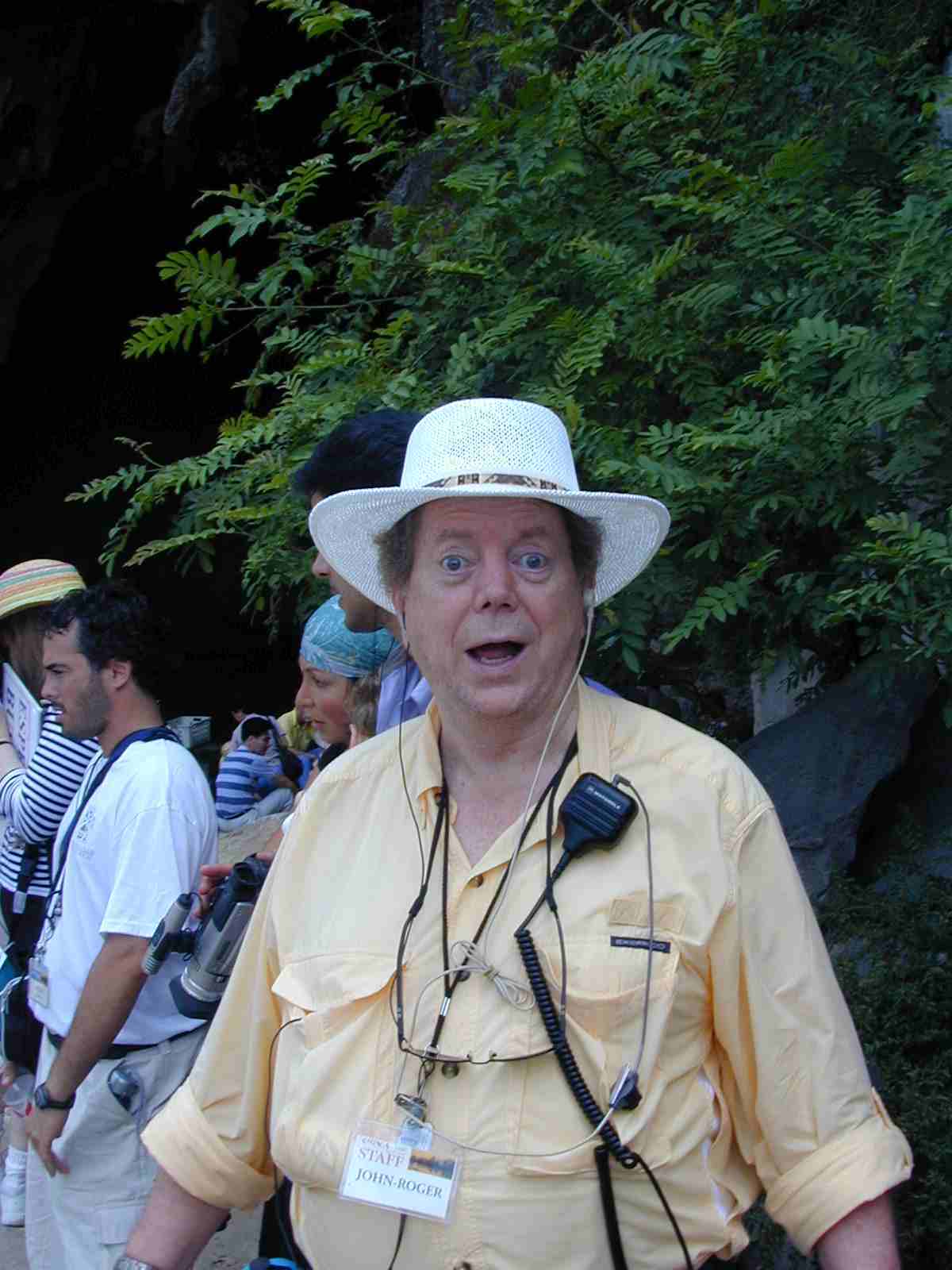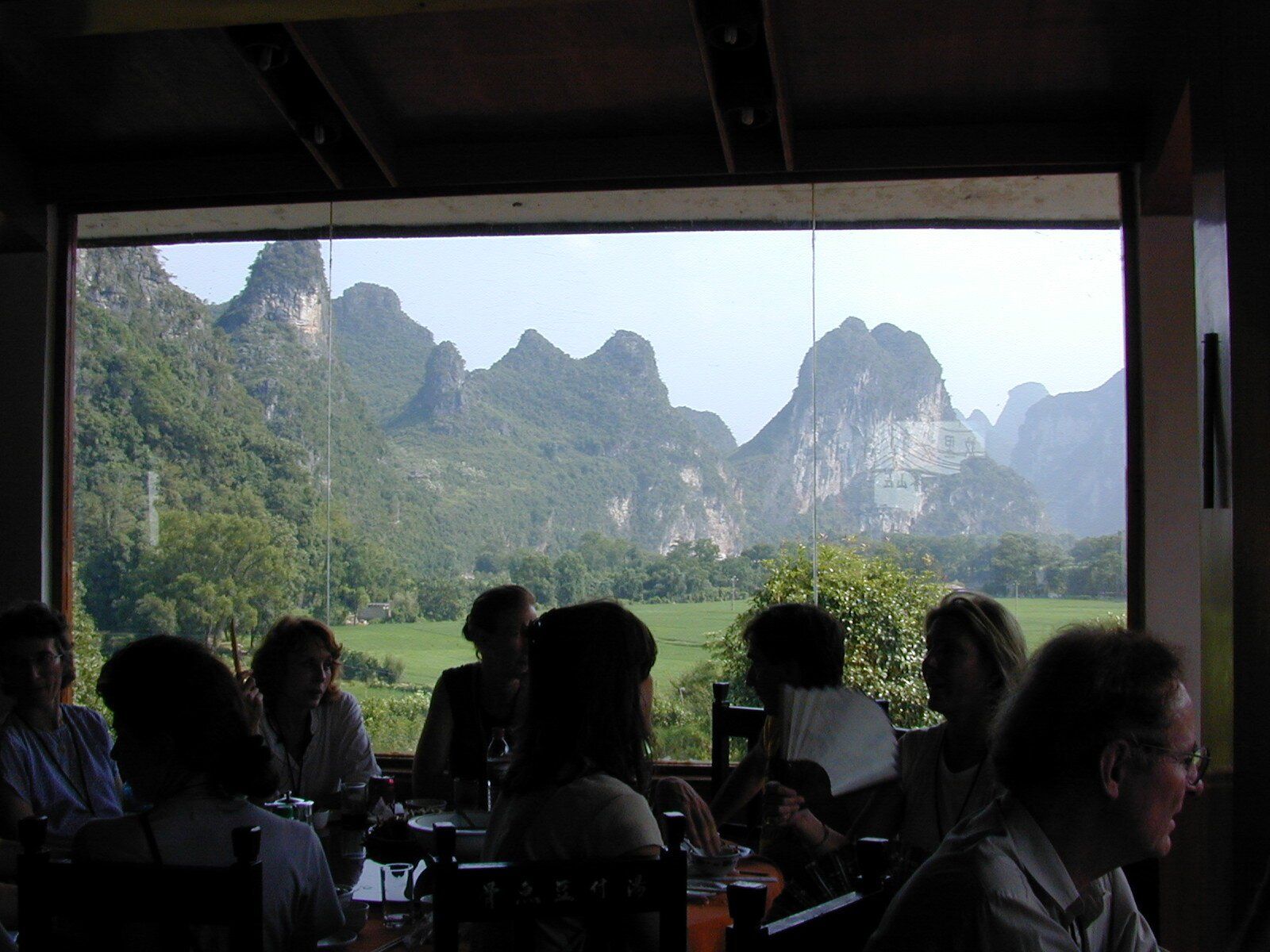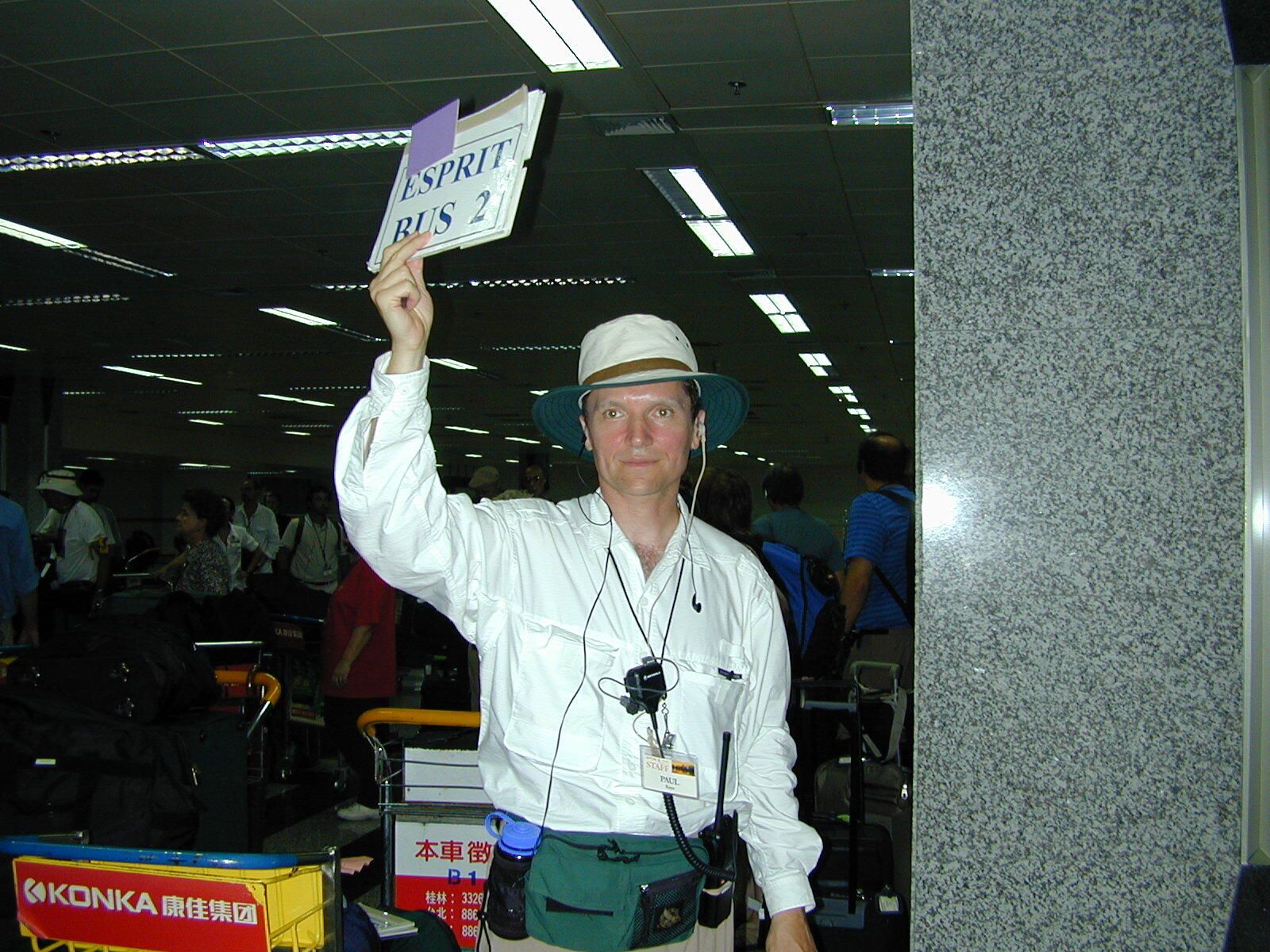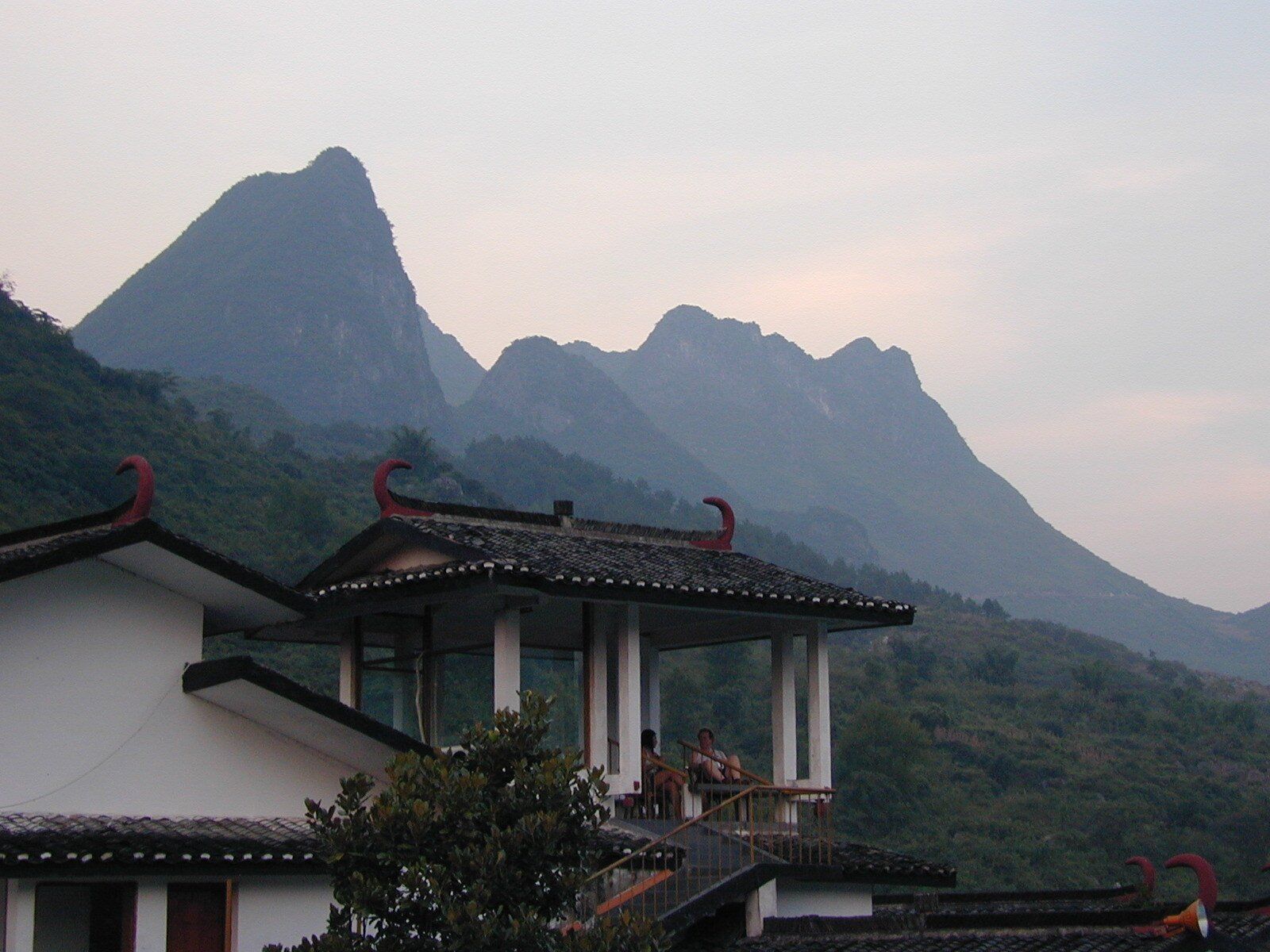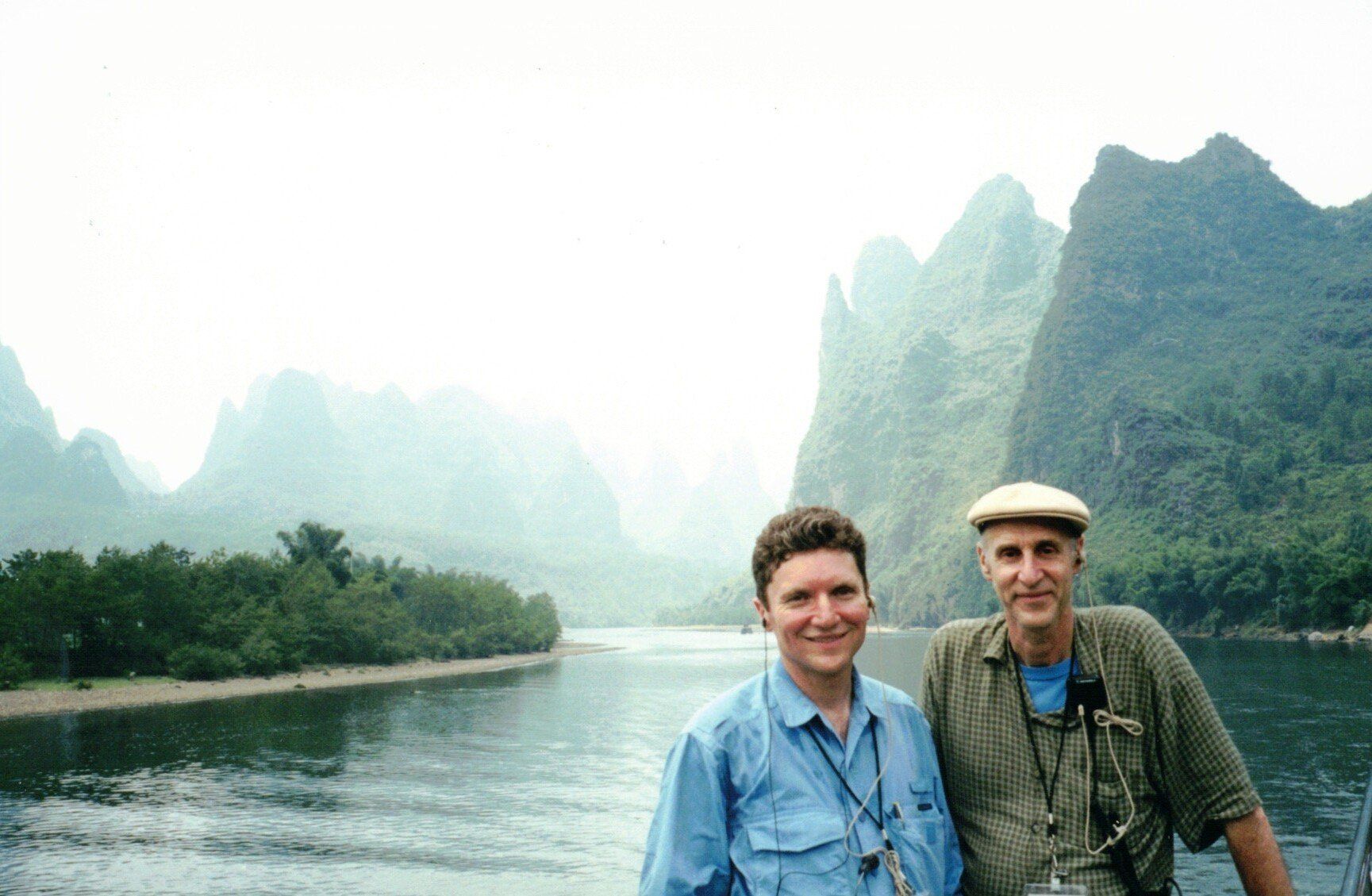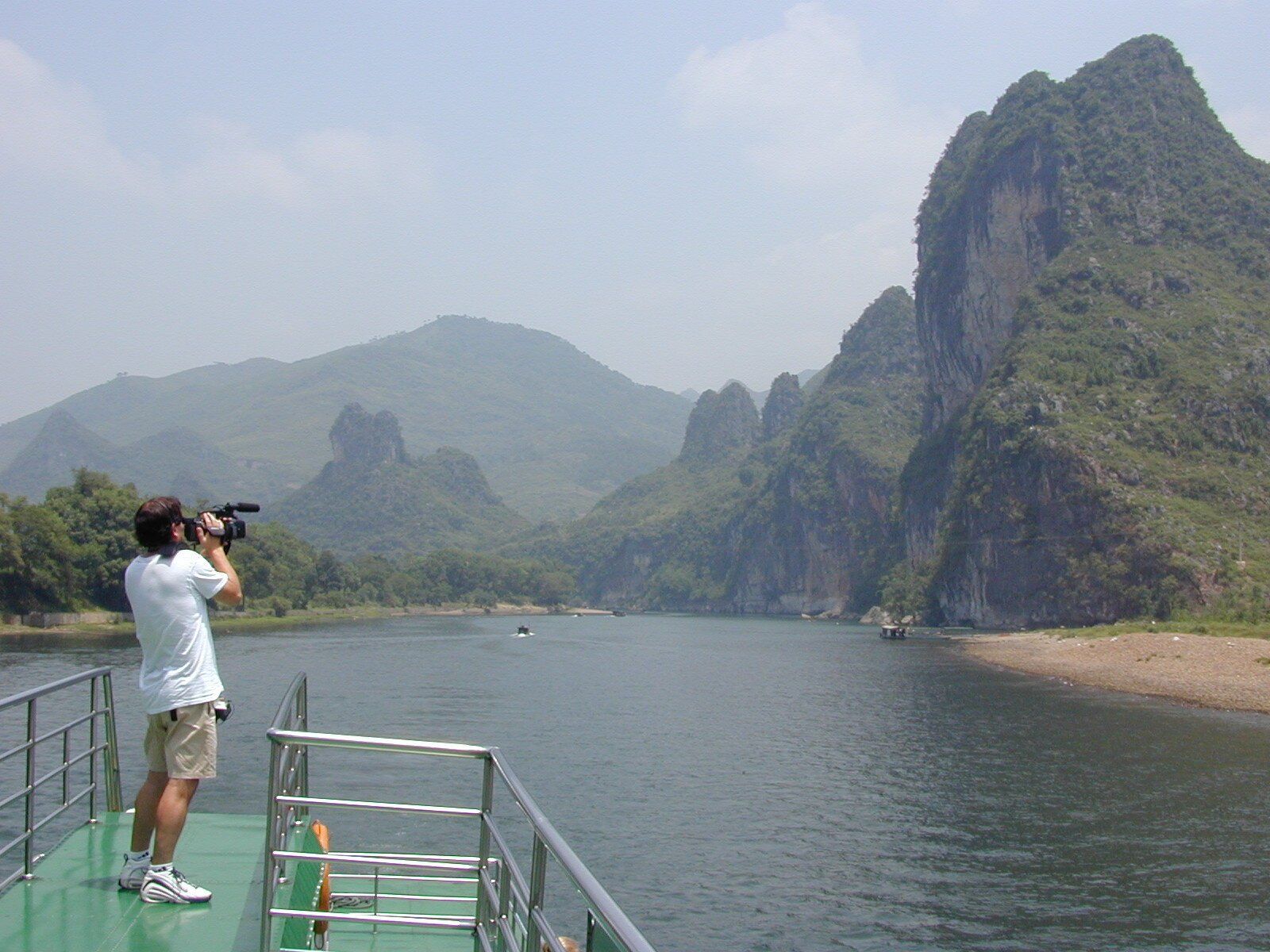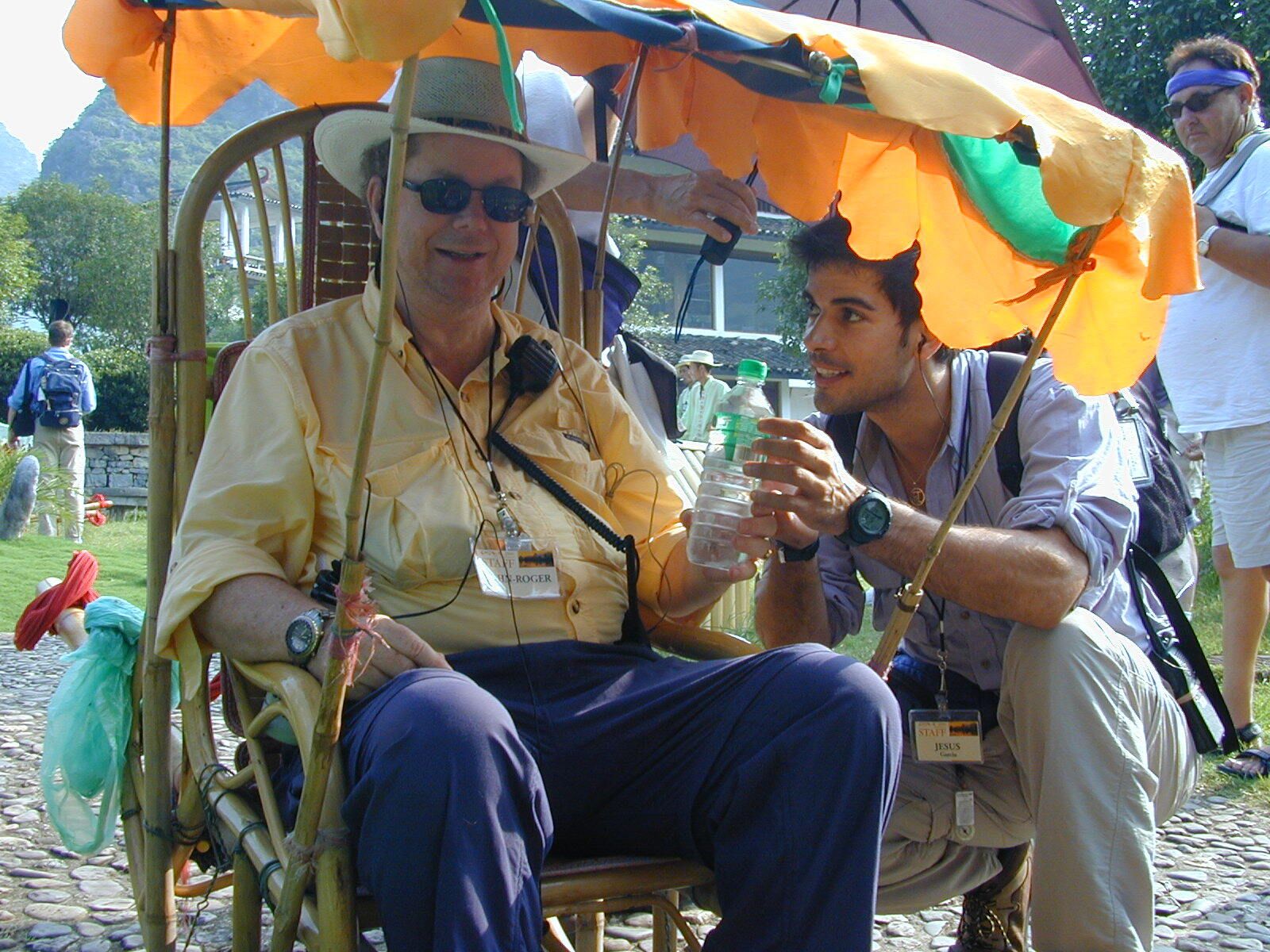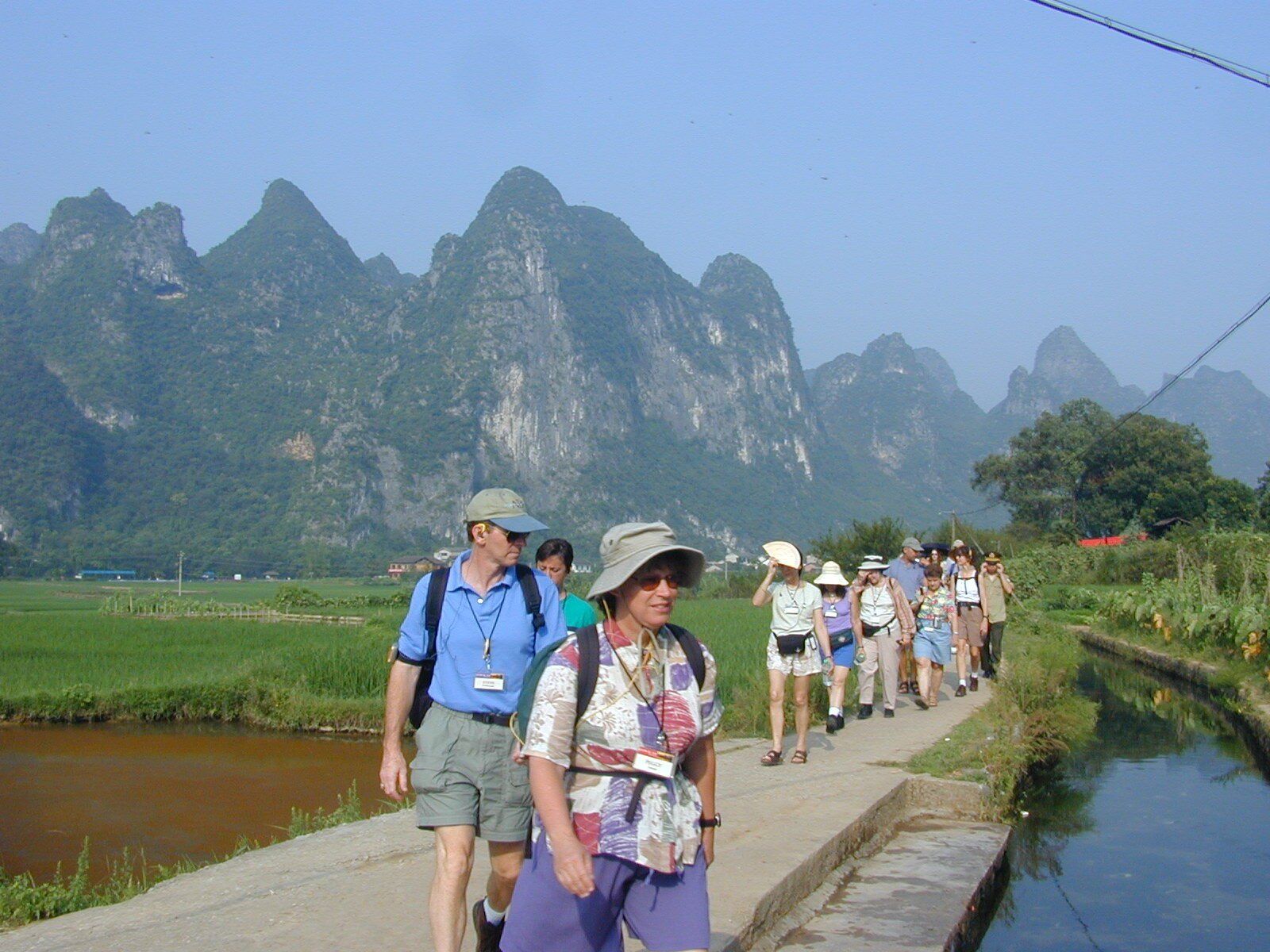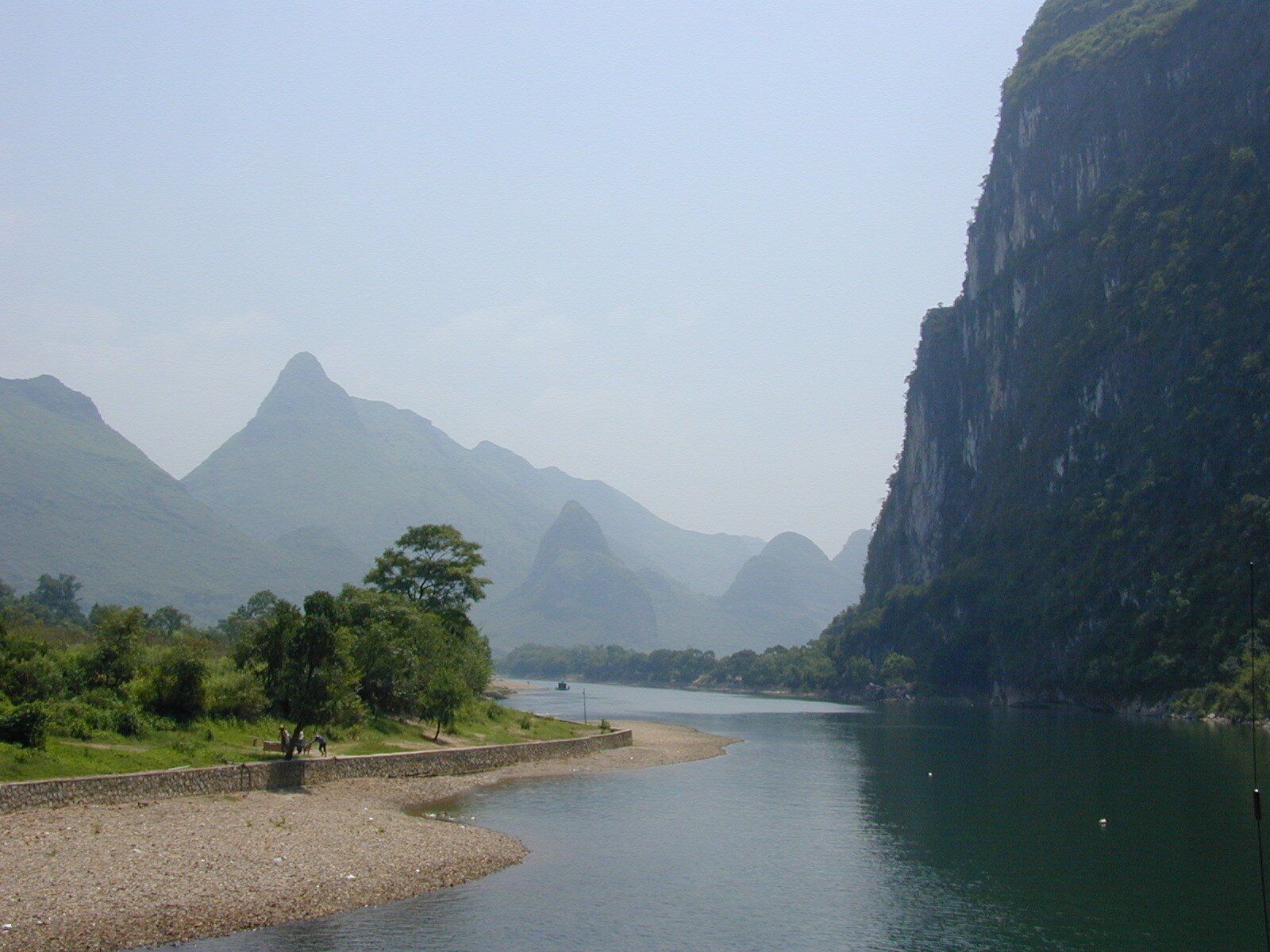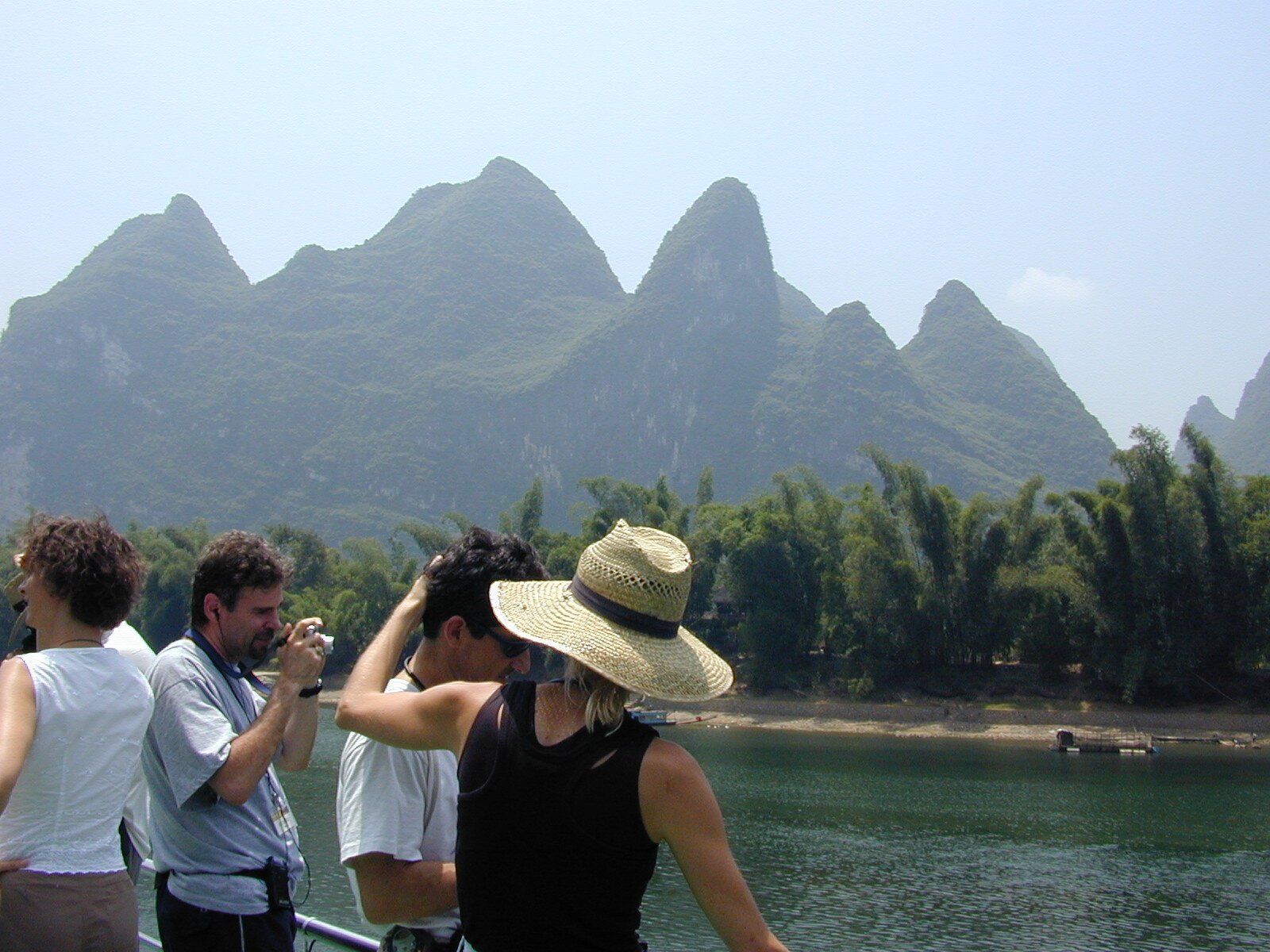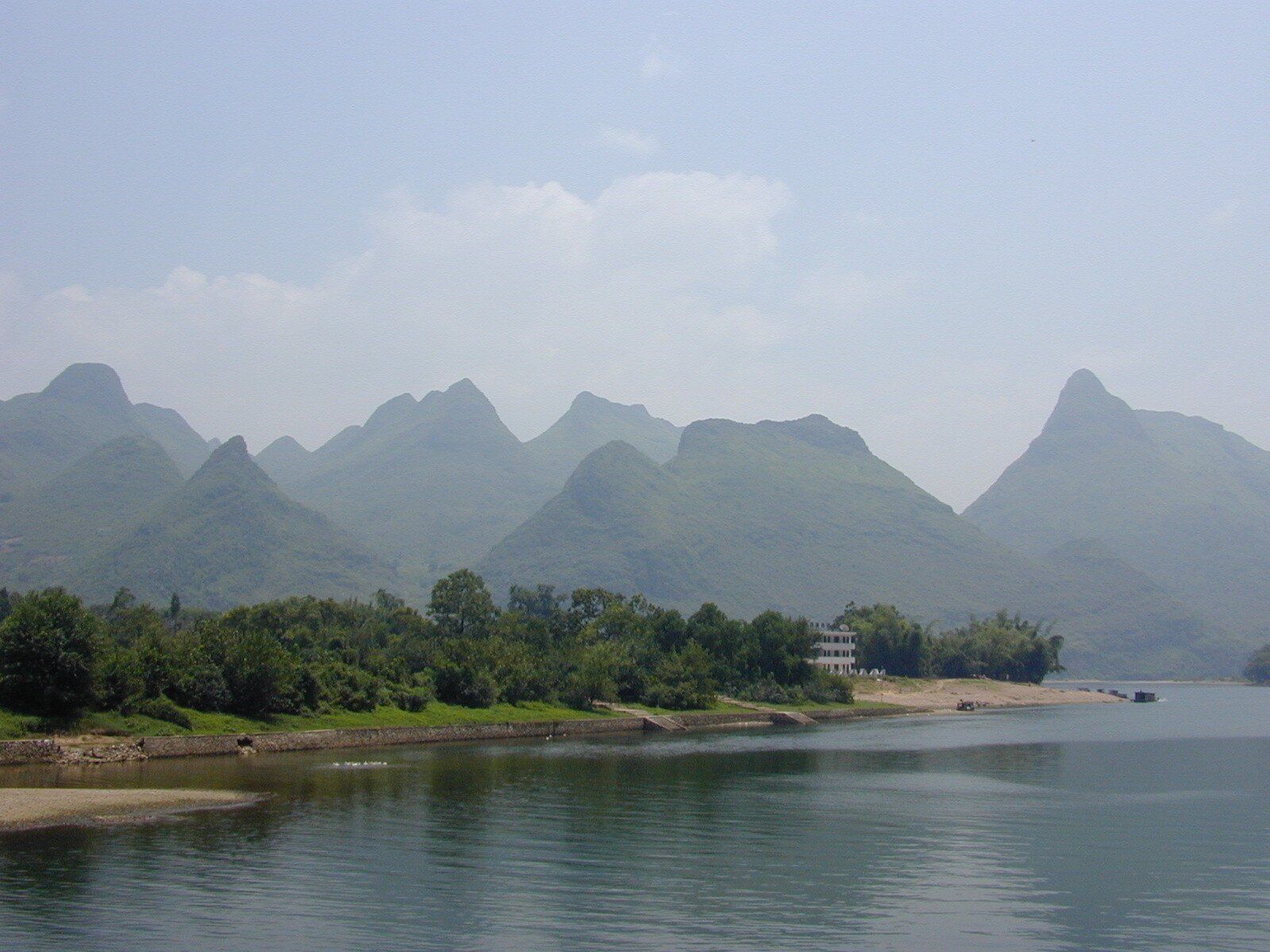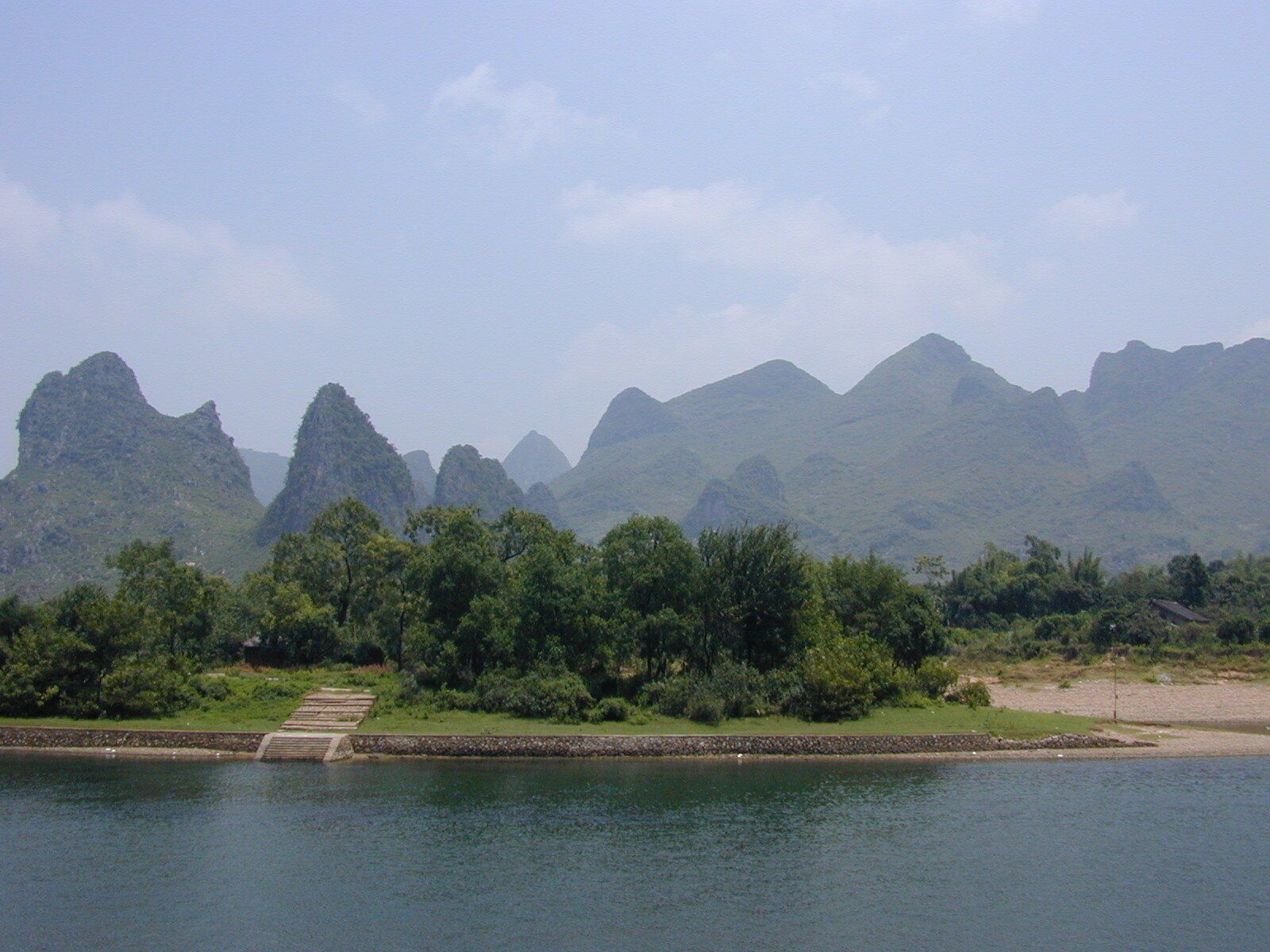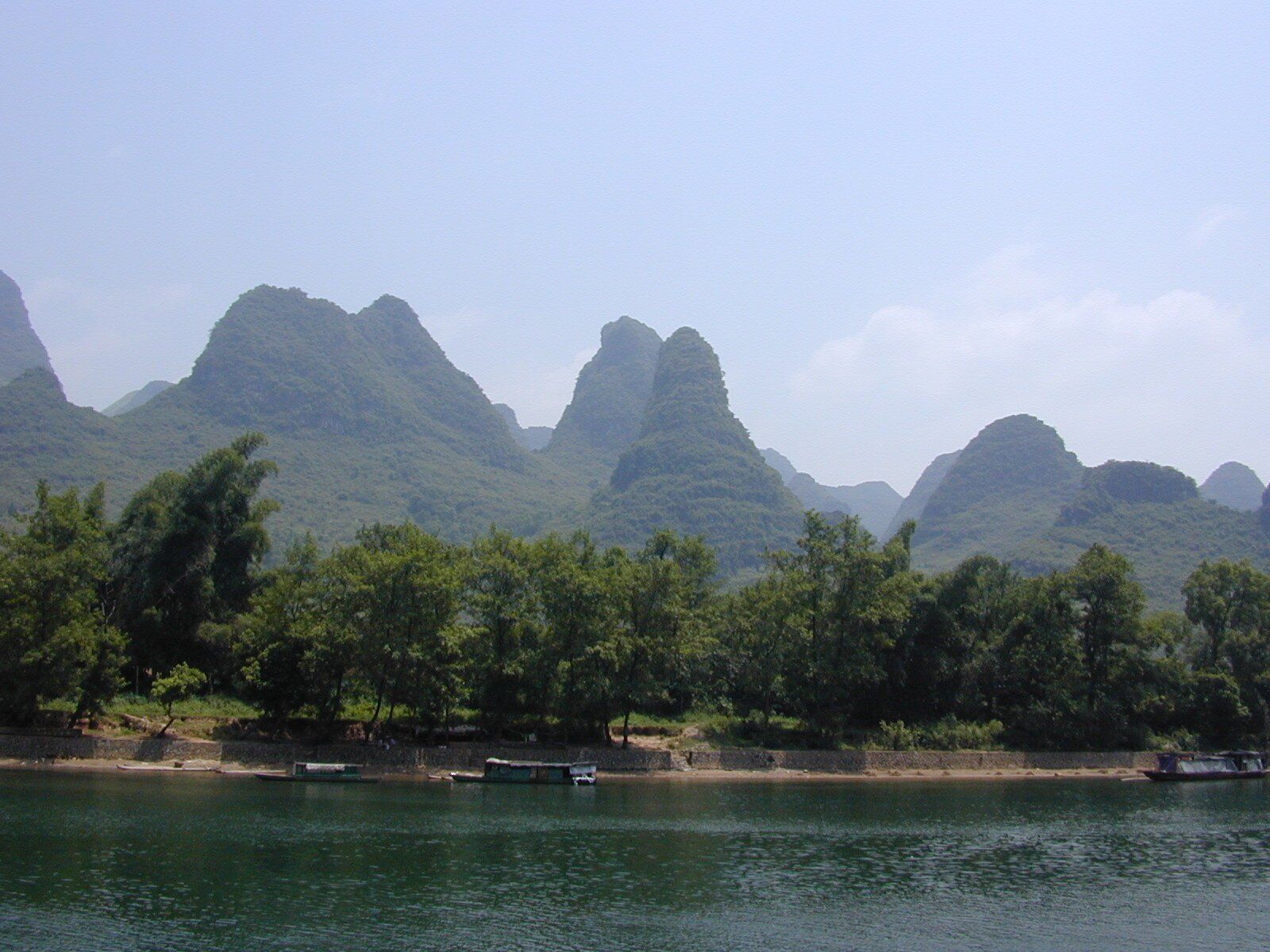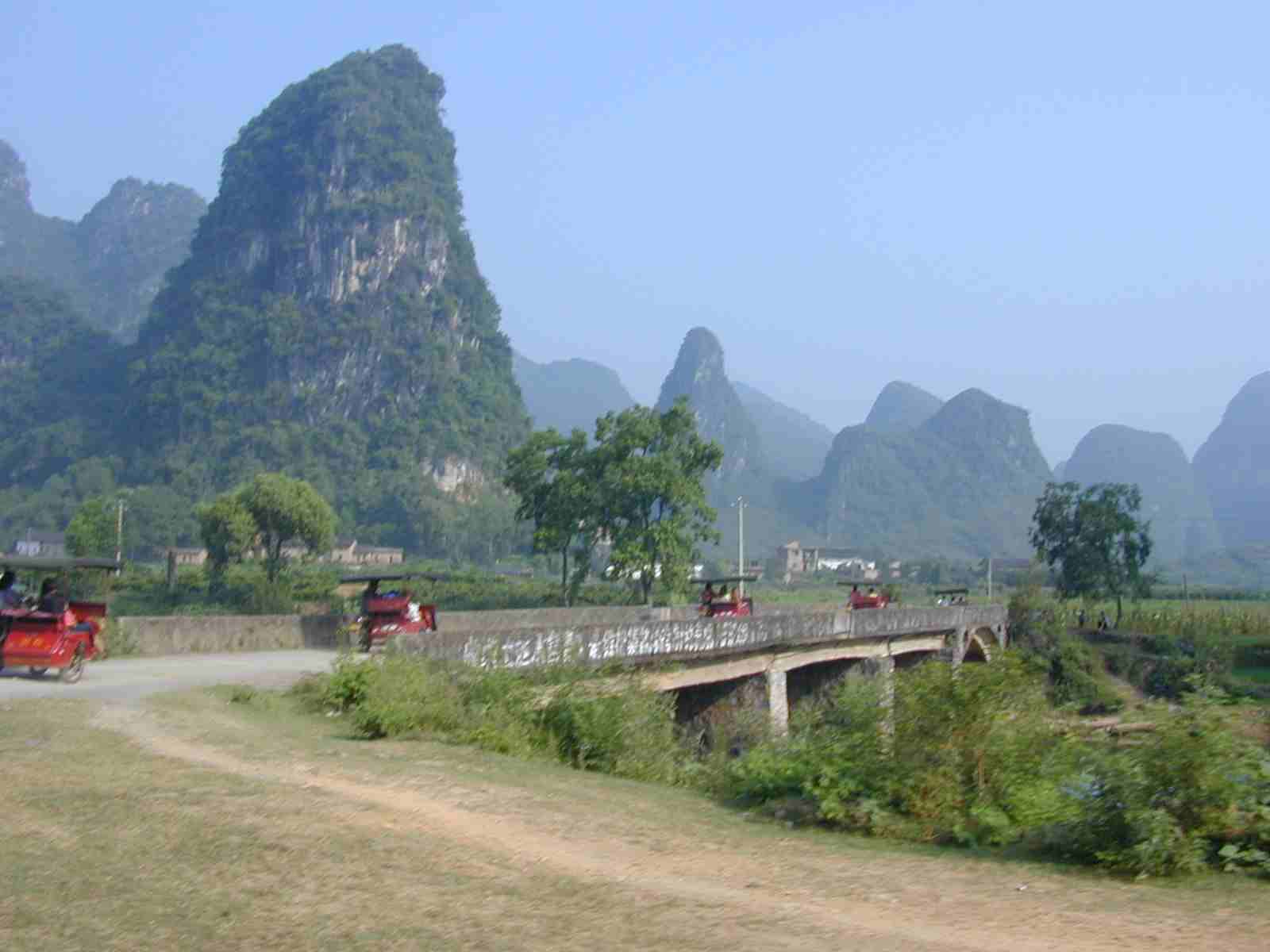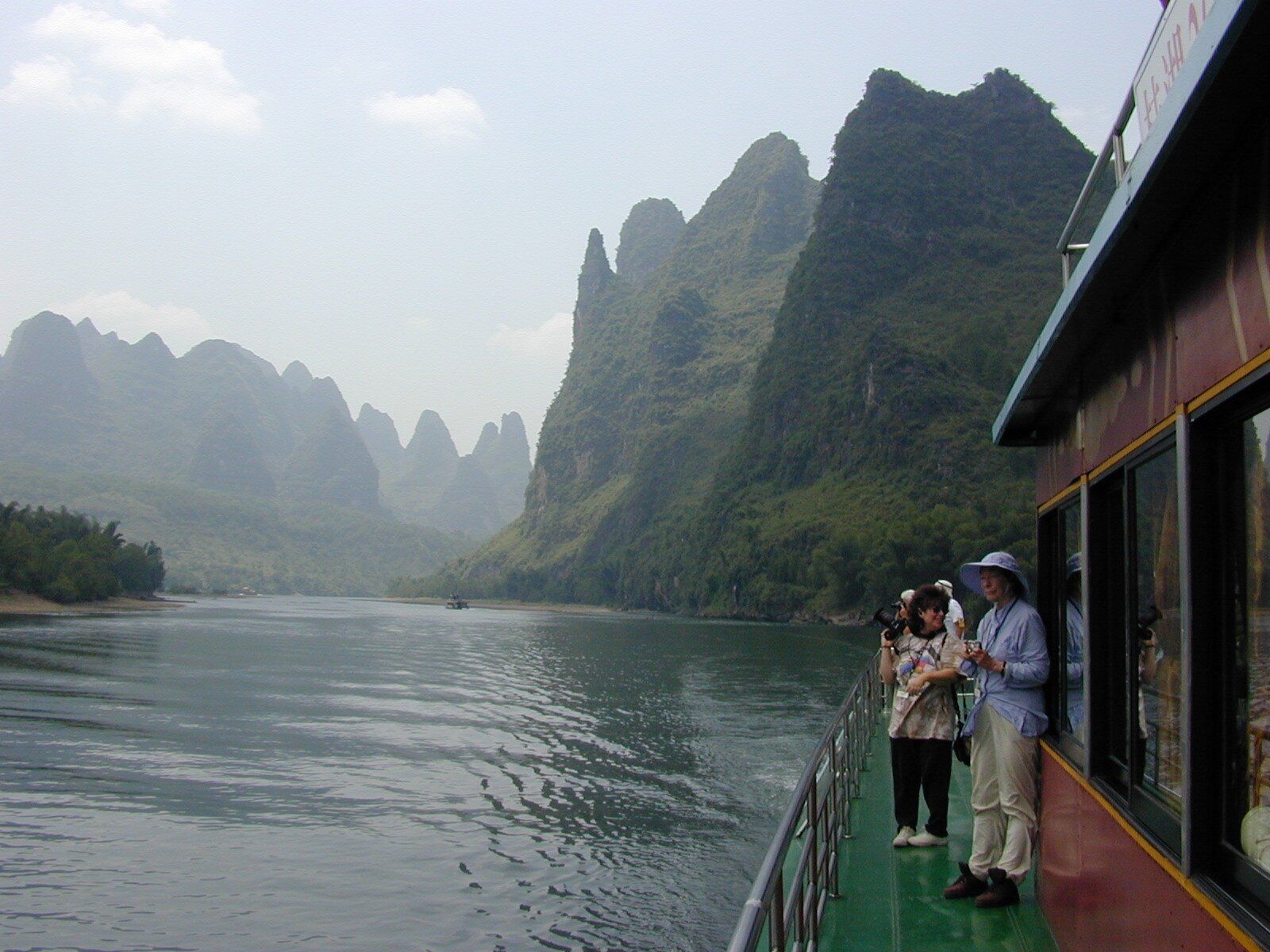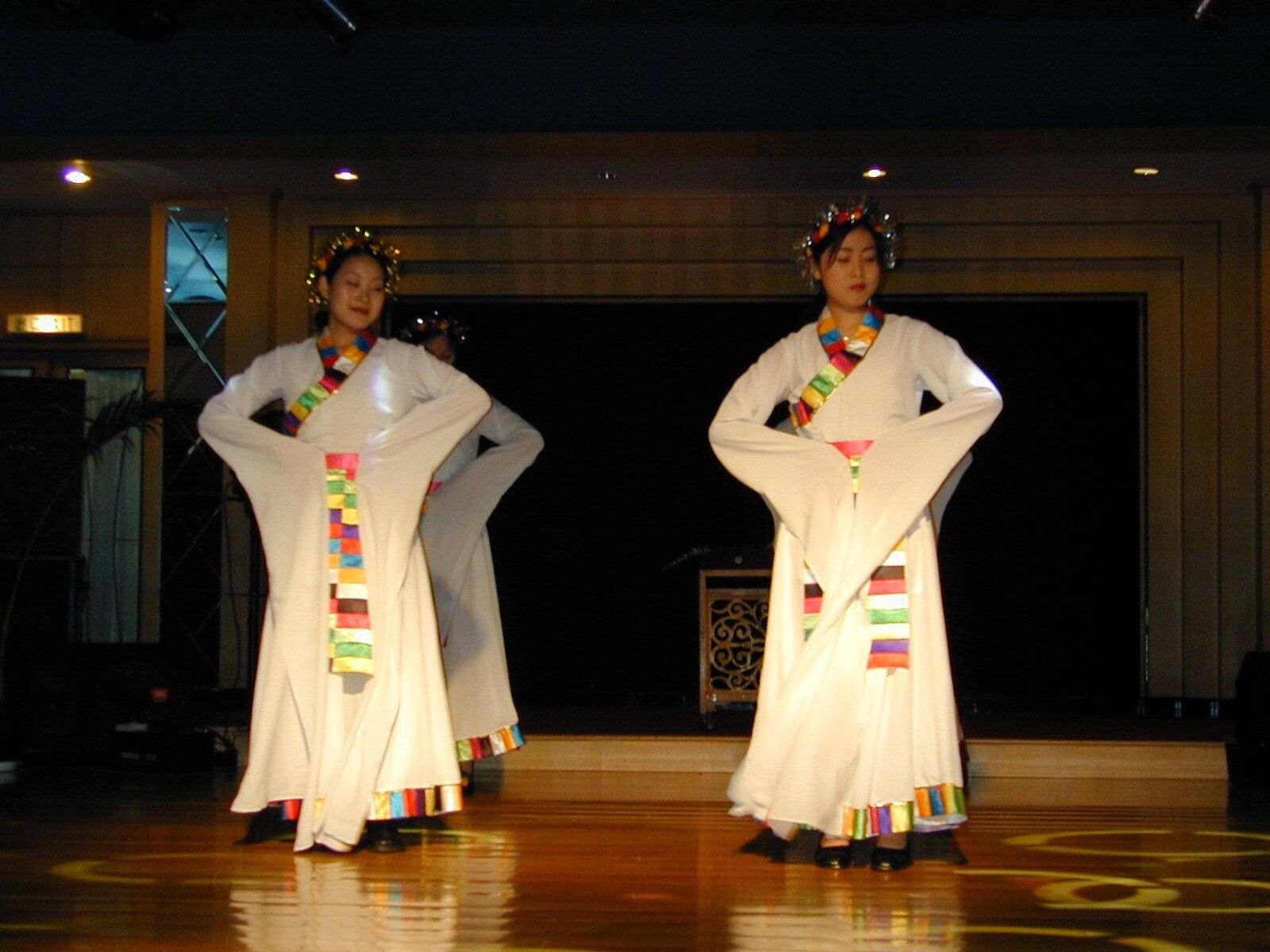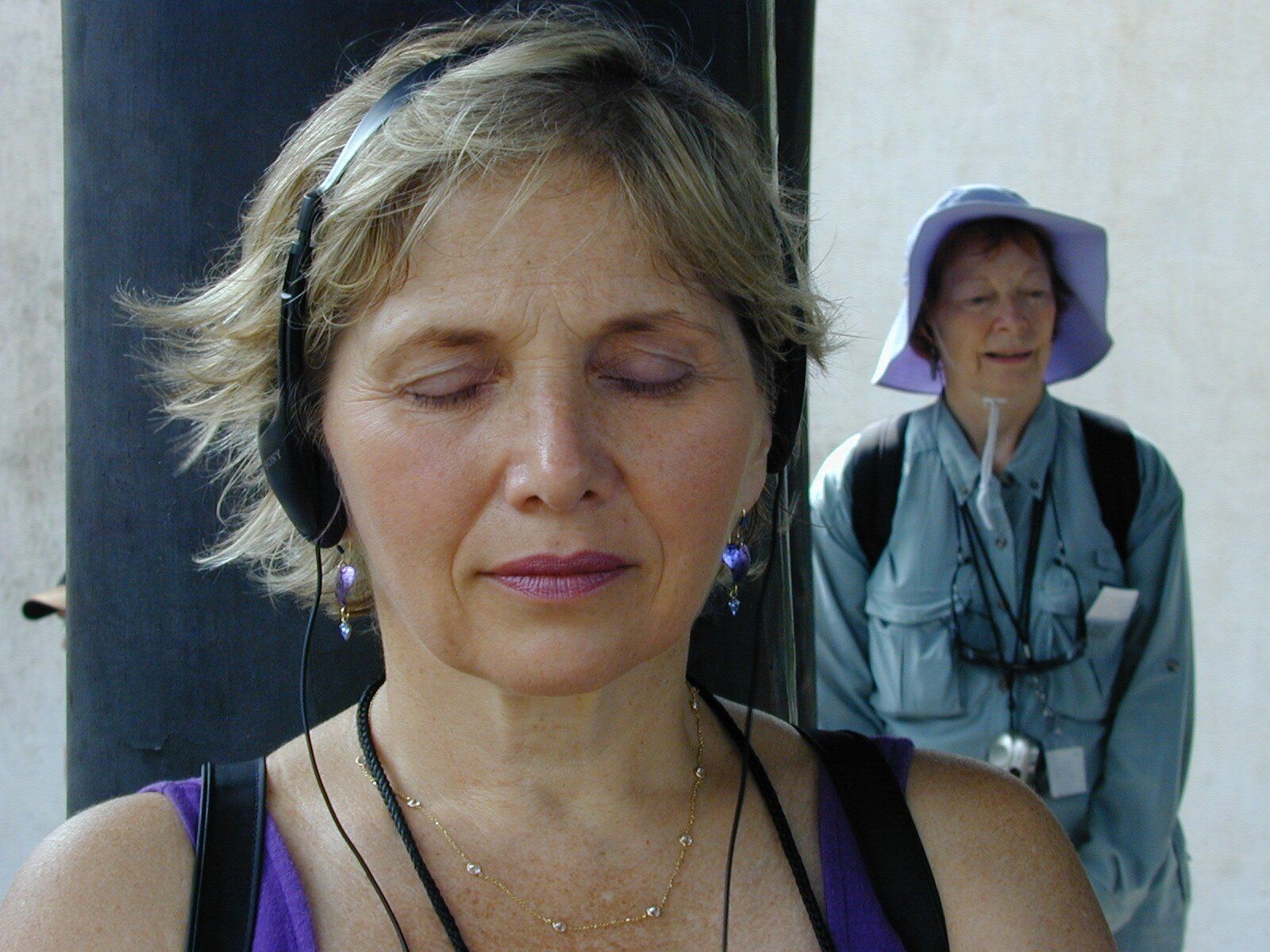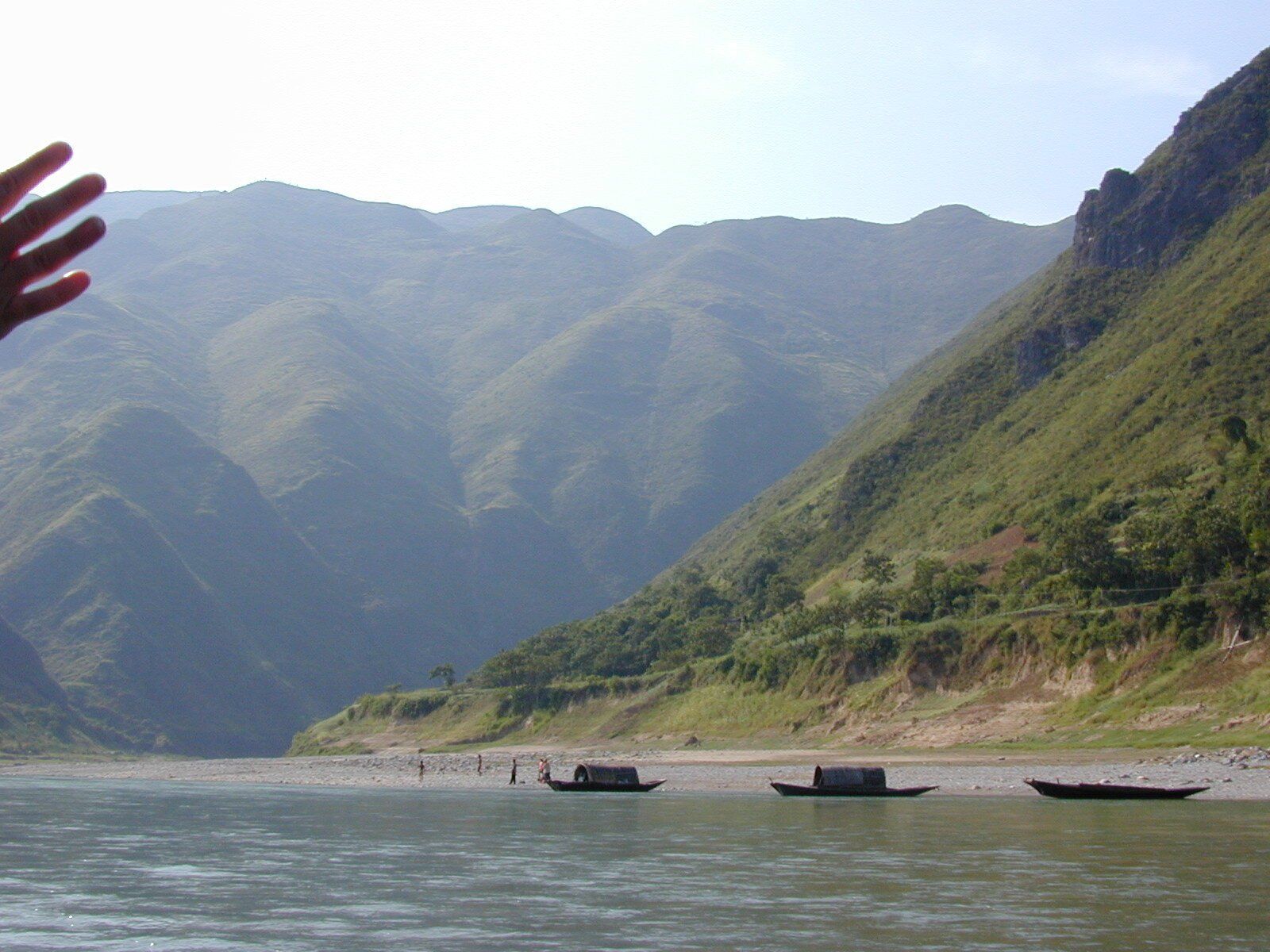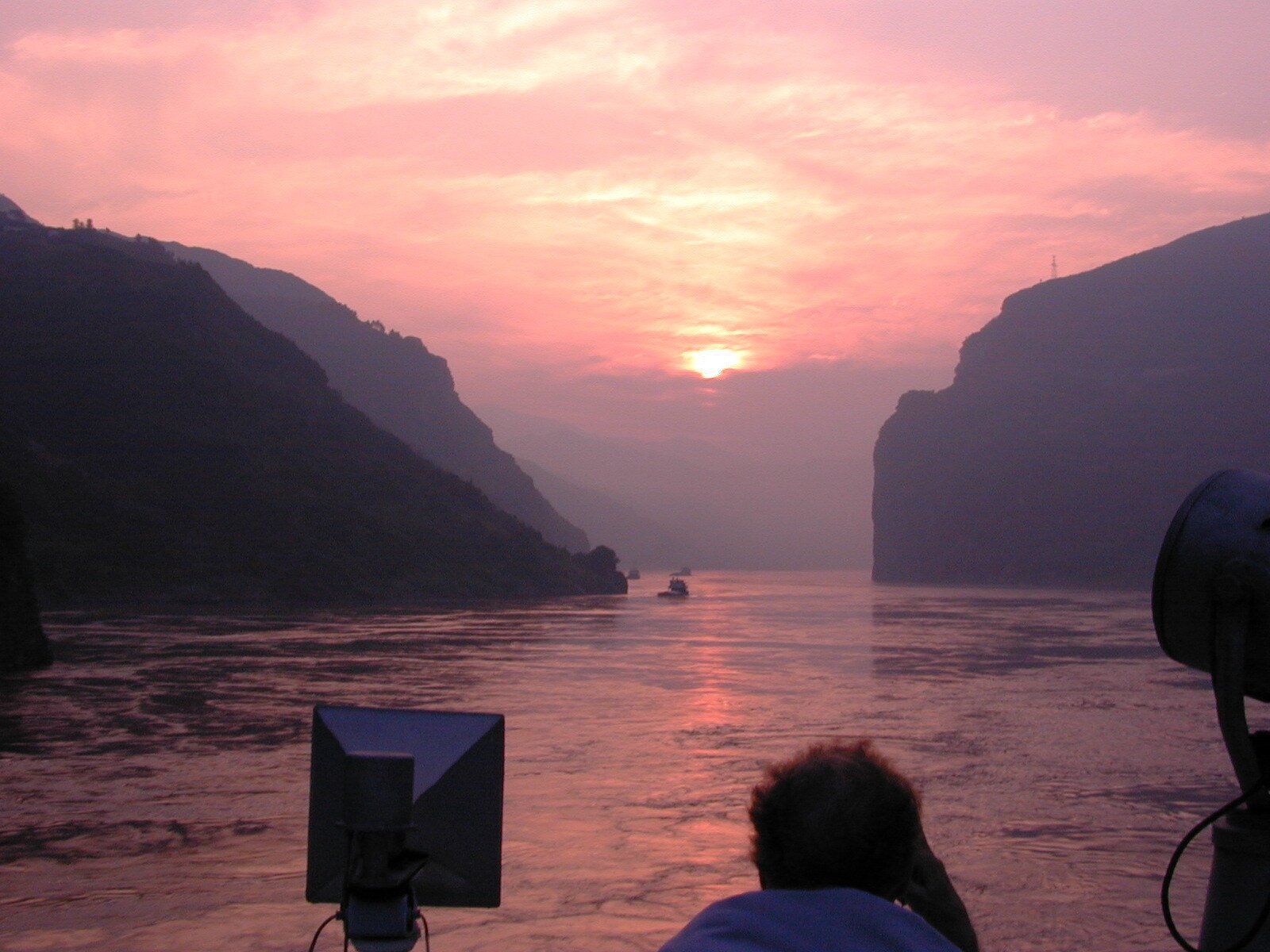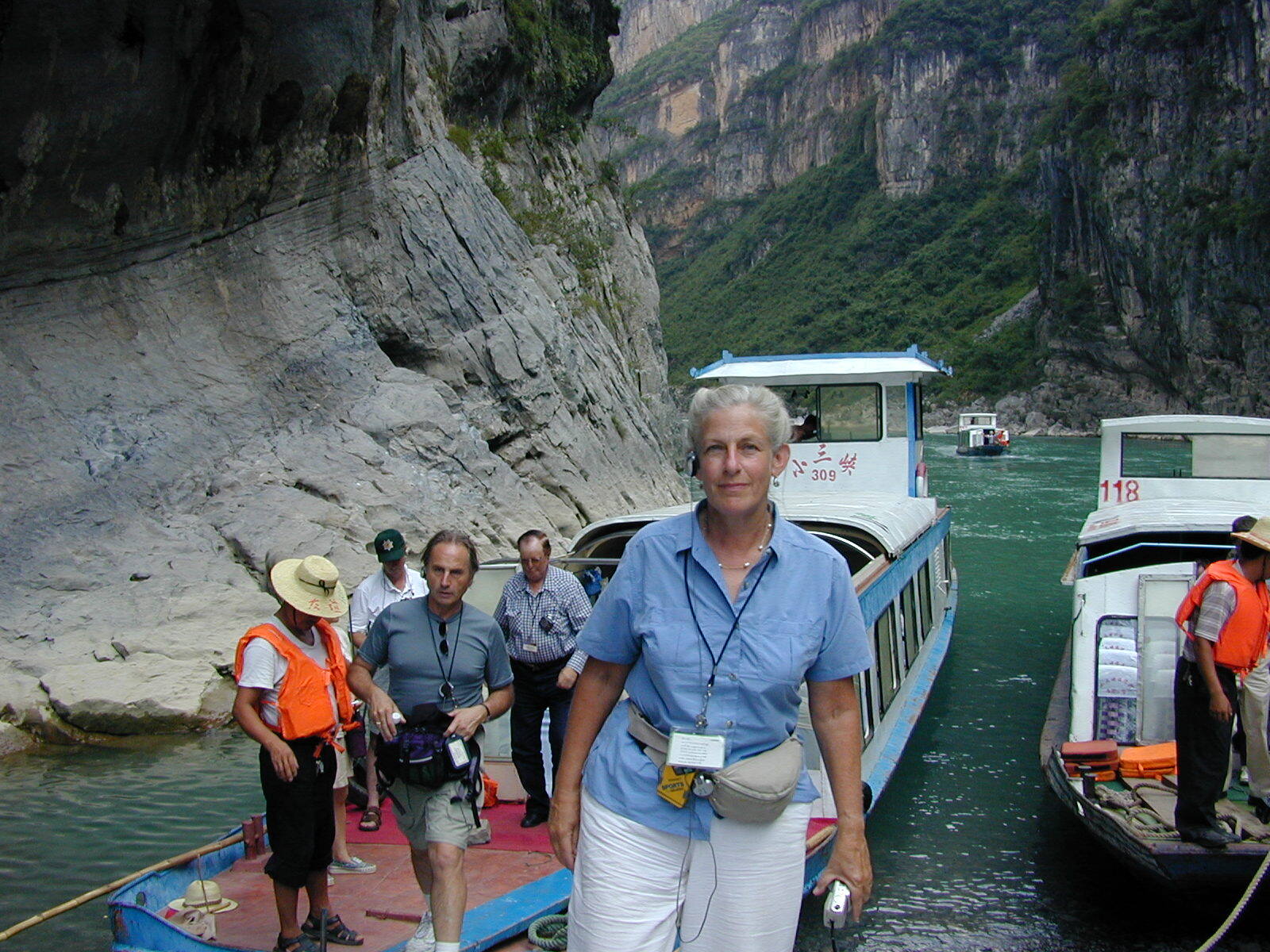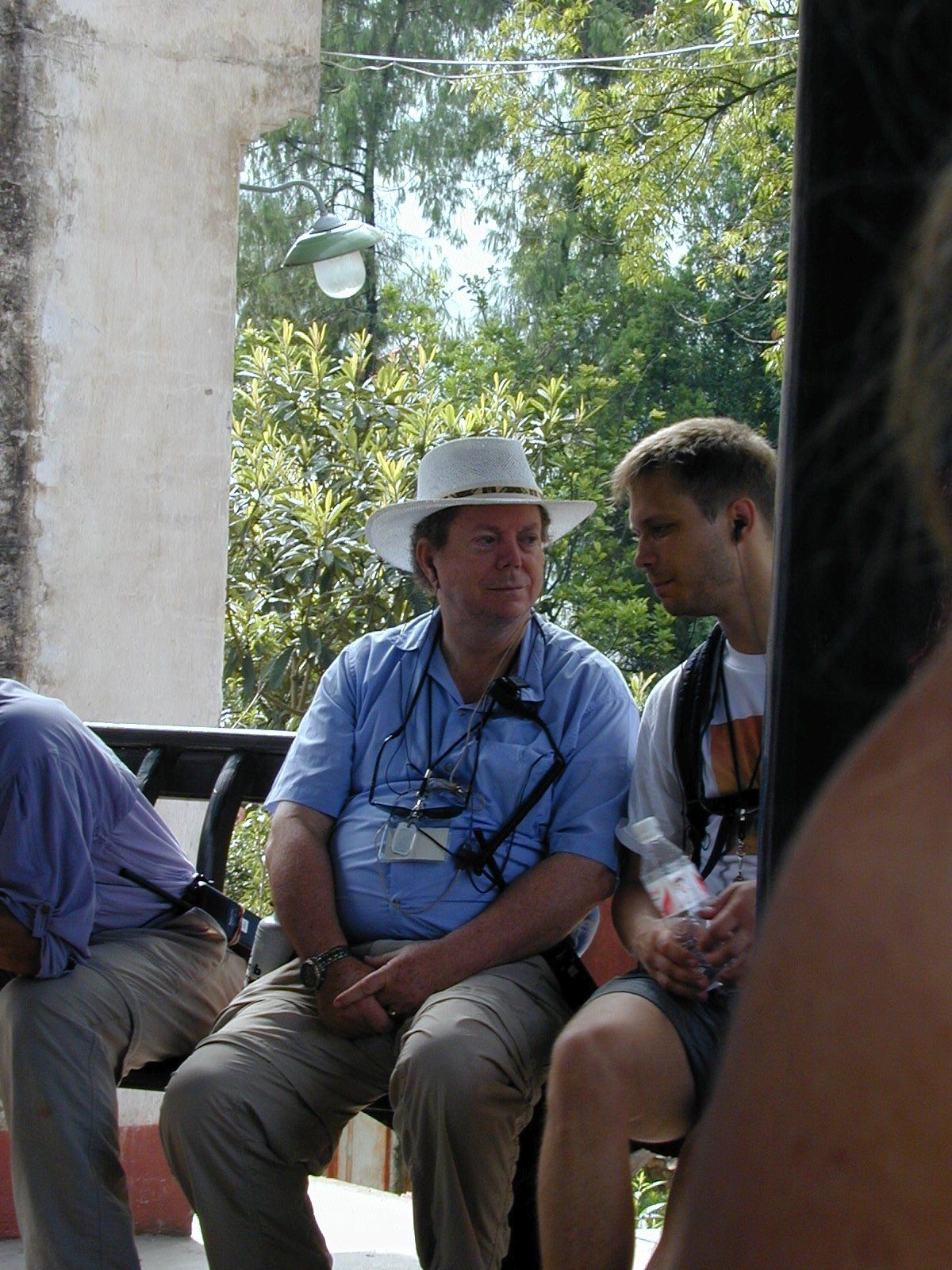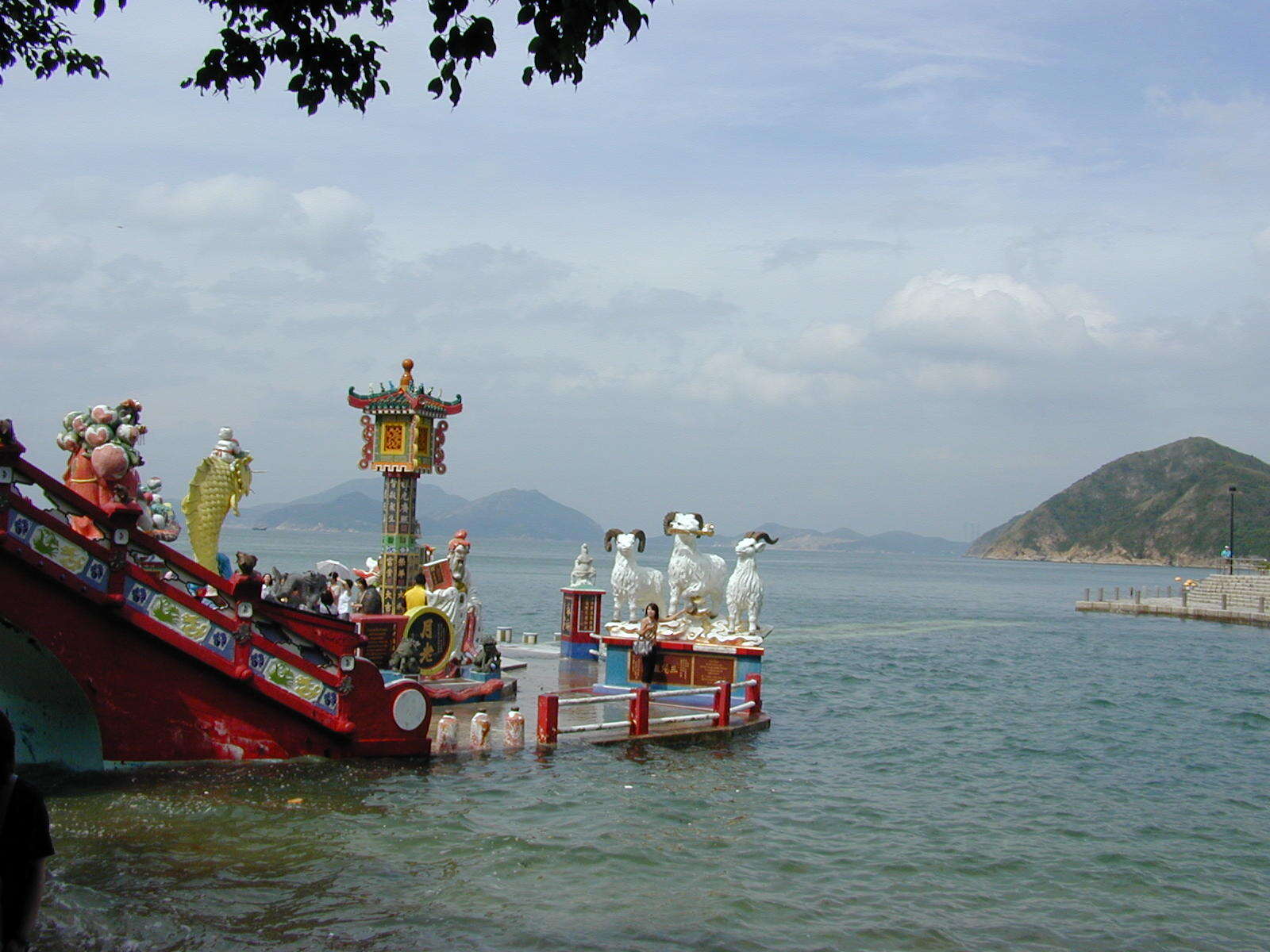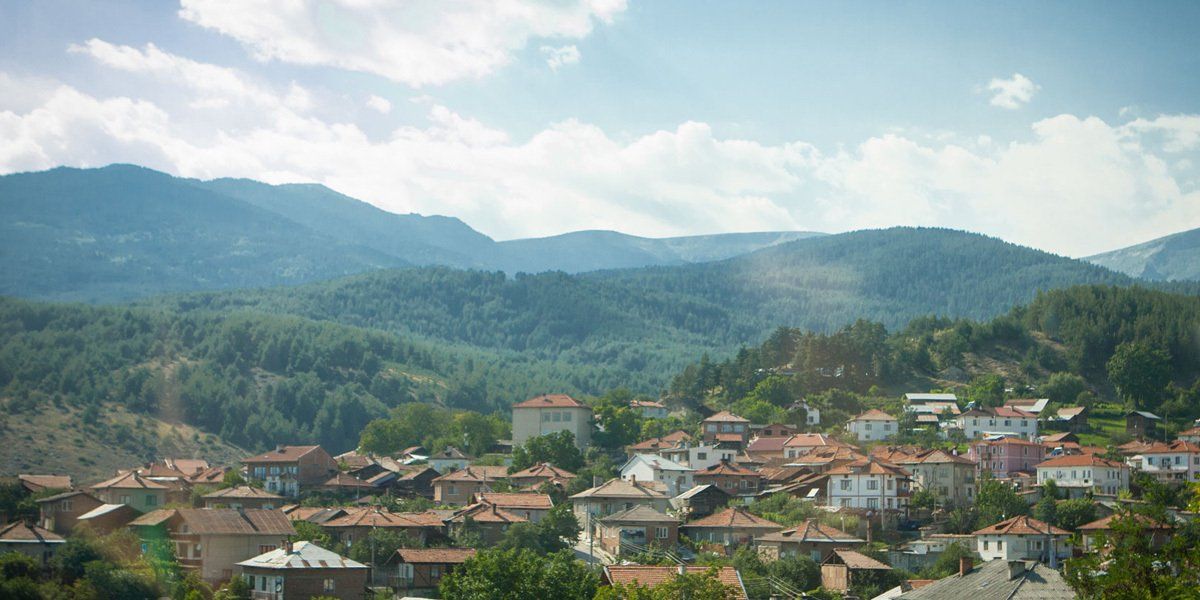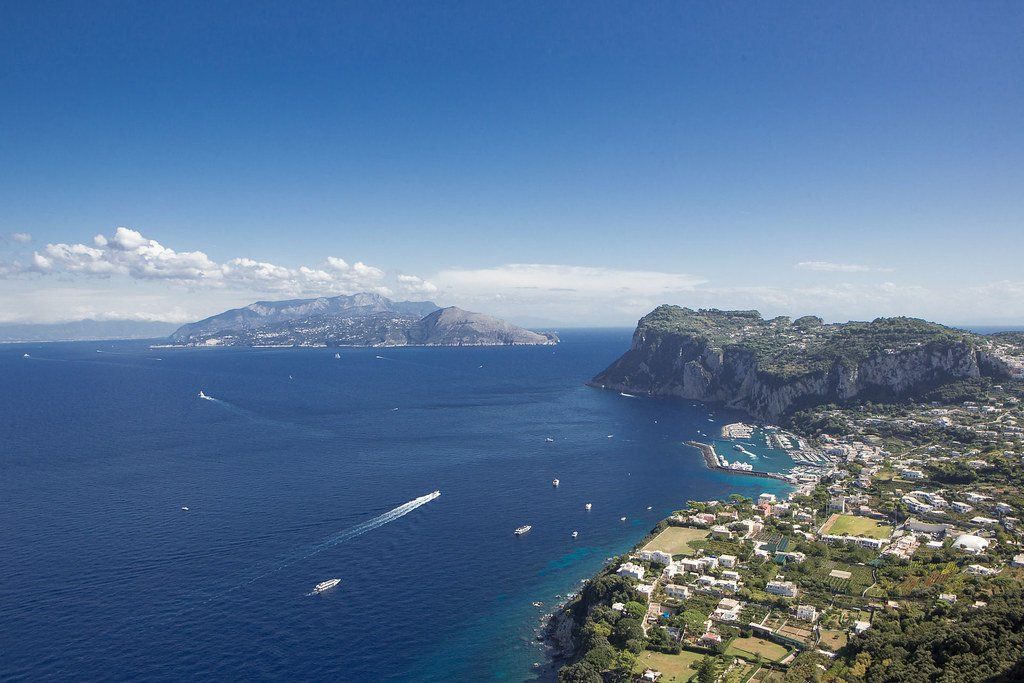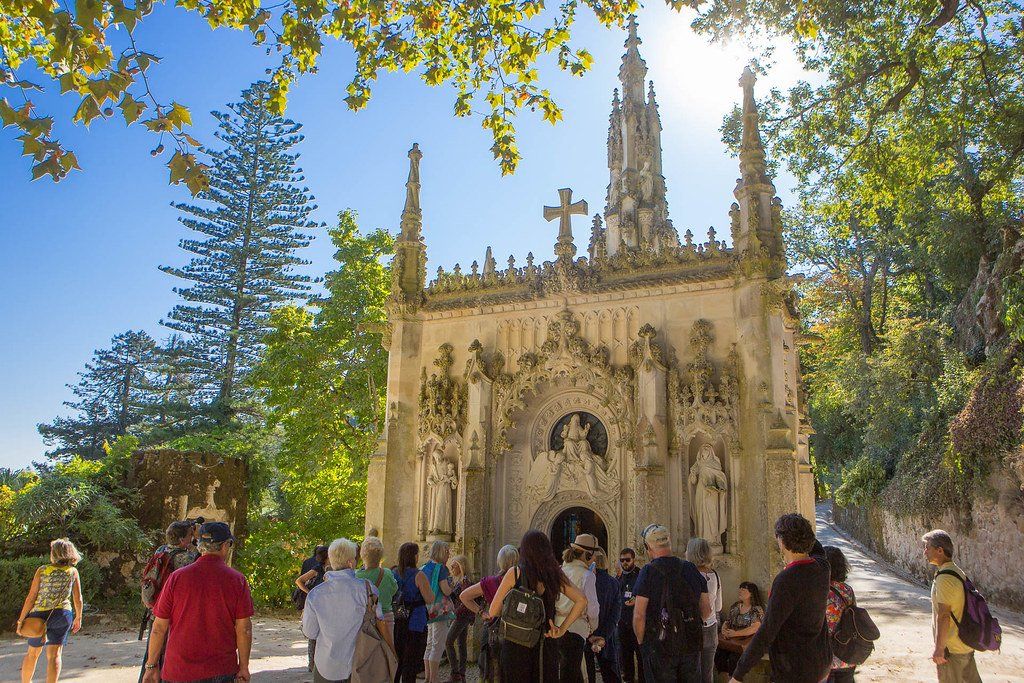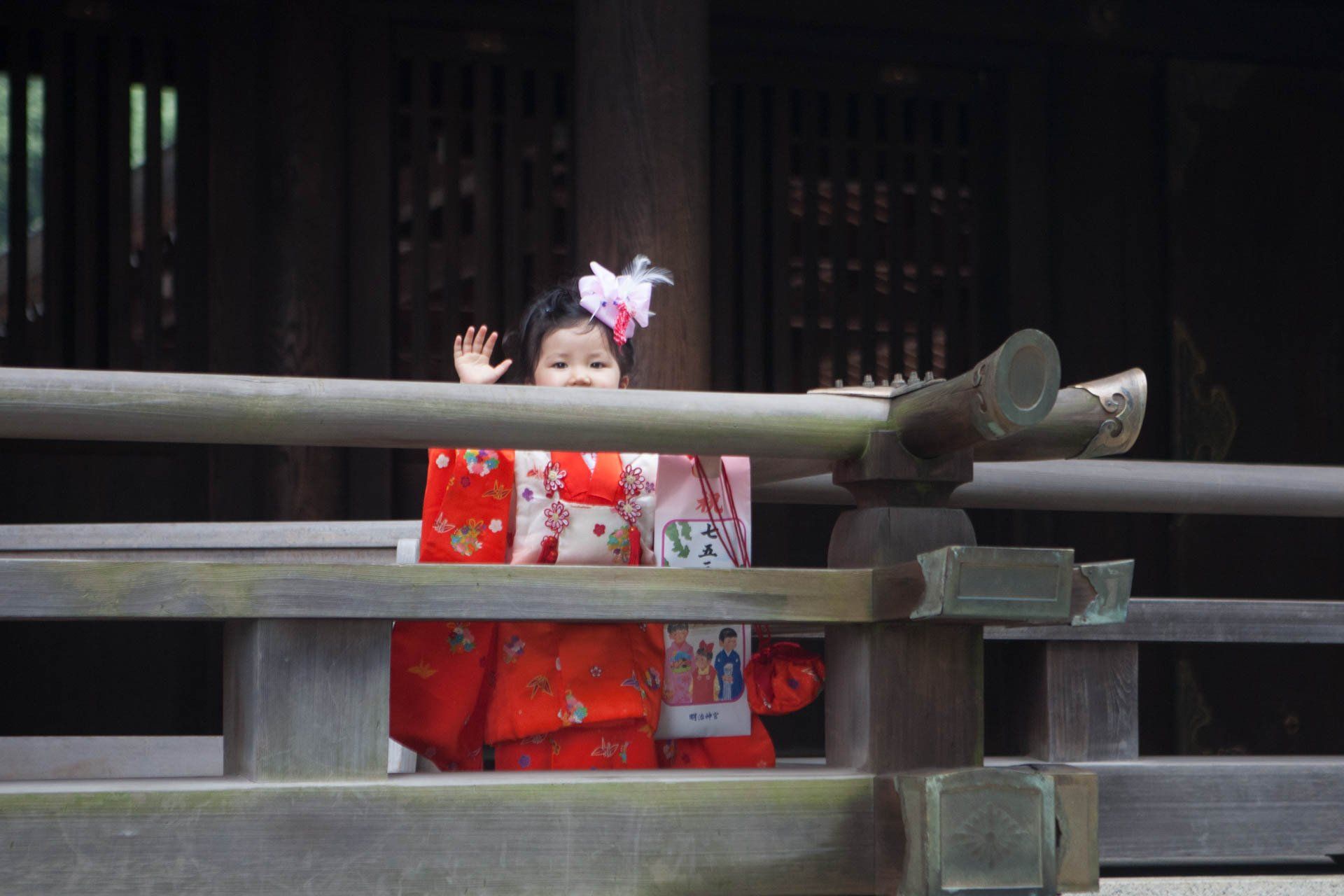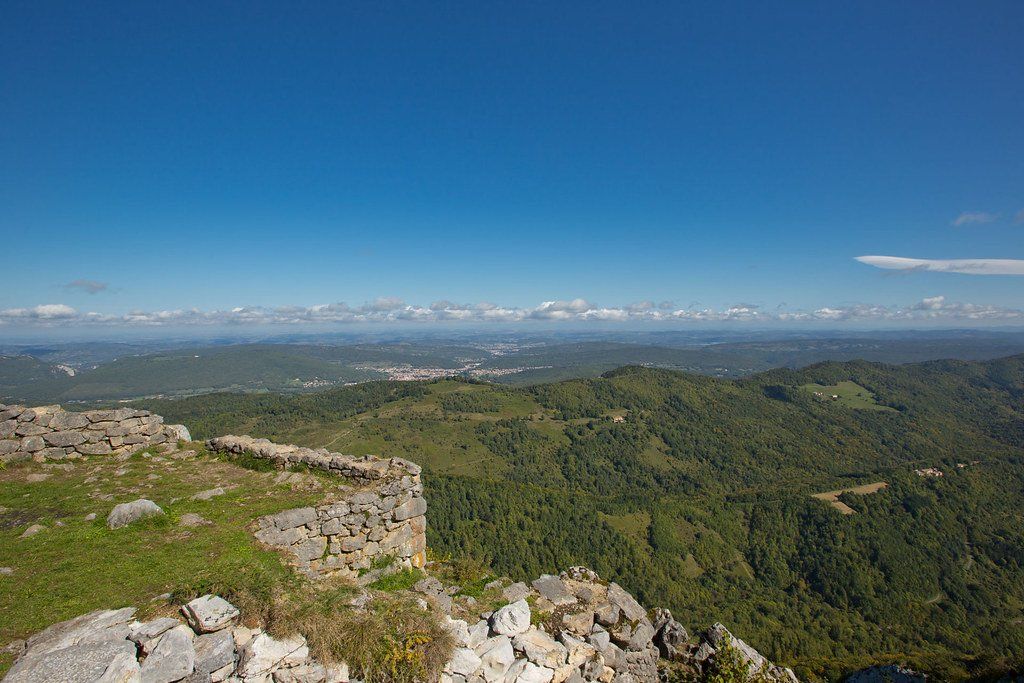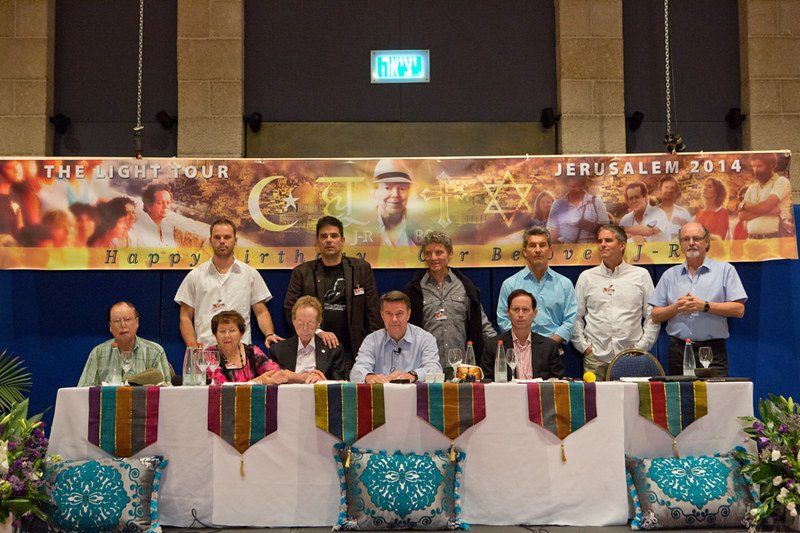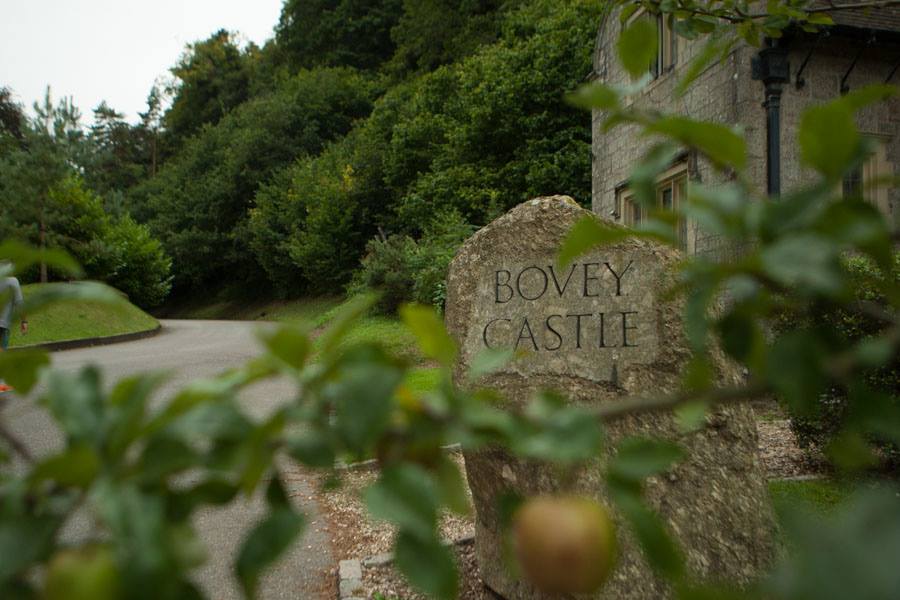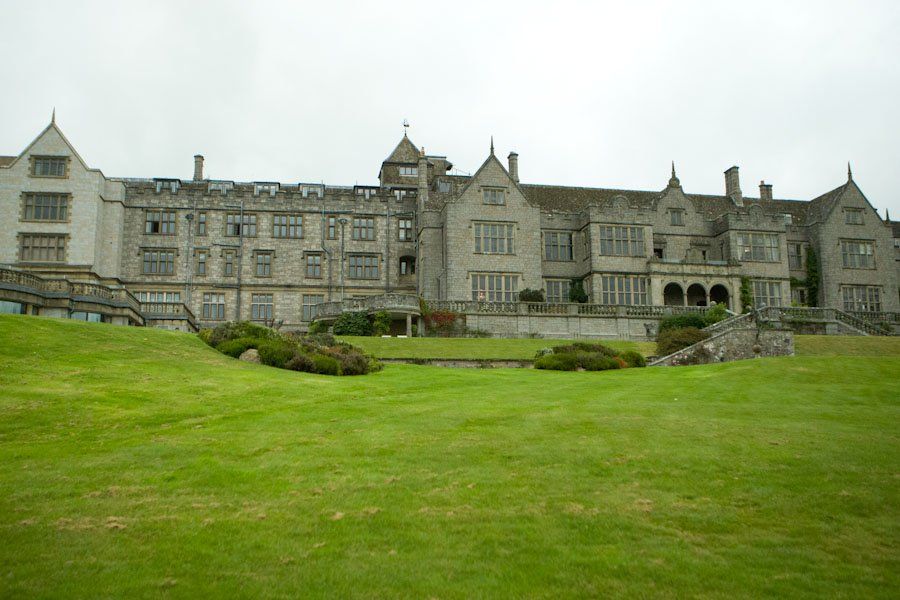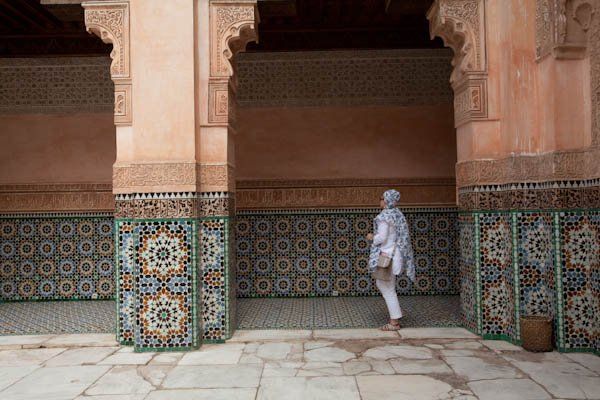China Trip - 2000
Beijing - Suzhou - Guilin - Yangtze River Cruise
Dates: August 14 - September 1, 2000
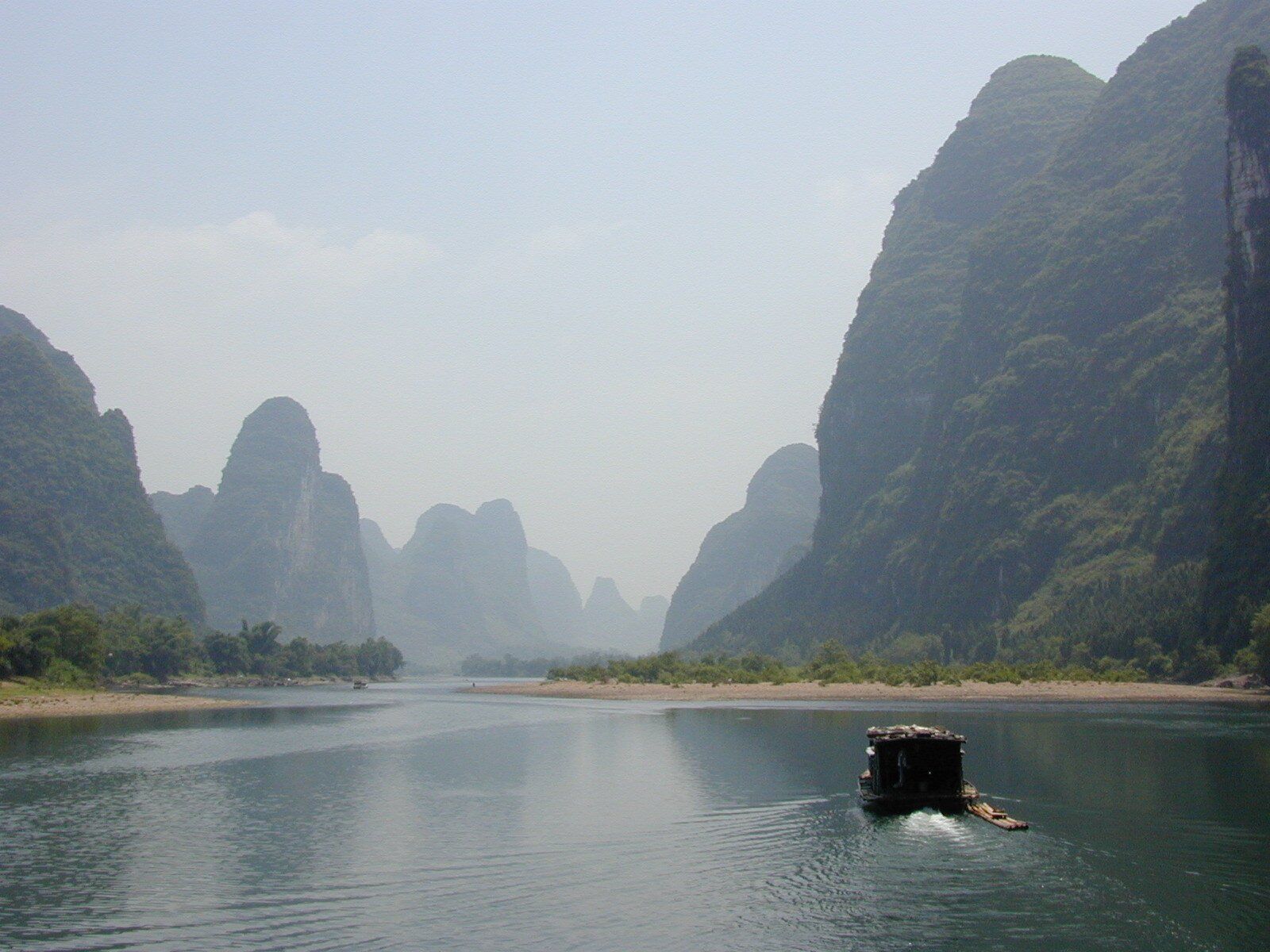
On the road in China with John-Roger, John Morton and 106 traveling peacemakers.
Daily Events
List of Services
-
Day 1 - August 14 - Arrival in Beijing
Arrival
-
Day 2 - August 15 - Beijing
Touring Beijing.
-
Day 3 - August 16 - BeijingList Item 1
Great Wall of China
-
Day 4 - August 17 - Beijing
Tiannamen Square.
-
Day 5 - August 18 -BeijingList Item 2
Travel Day.
-
Day 6 - August 19 - SuzhouList Item 3
From Jesus Garcia: Things really started popping today–I told you this trip would get rolling once we left Beijing. This report is may be a bit long, and there are a lot of photos, but there are a lot of gems here–some great John-Roger shots, John Morton mini-seminar, beautiful Chinese gardens, picturesque Suzhou street scenes, J-R swapping childhood stories with his brother Delile, Jesus working as a rickshaw driver–but we’re getting ahead of ourselves. Let’s attempt to start at the beginning.
So we get to breakfast this morning and Phil Danza and crew are setting up sound for something or other. Turns out that John Morton has decided to speak to us. He talks about keeping in mind our purpose here–it’s not about the food (there was a big issue about it last night, with people complaining about the food and John offering to pay for a new meal in the Italian restaurant downstairs) or about our reactions to some of the discomforts we’re encountering, but it’s about being a blessing to this place, about leaving it better than we found it.
He talks about how a lot of the water in this city of canals is stagnant, where it used to be flowing at the time in history when Suzhou was really flowering. That stagnation symbolizes the tradition-bound culture of China that hasn’t been able to adapt to changing times. He asks us to imagine a growing, flourishing China; and that in spite of some of the things we see around us, we are still in our own paradise, in “the garden.” He talks about the theme of this trip being a “return to the garden.” And he talks about being inspired to look away from the negativity he was seeing during his morning run by watching the sweetness of an old Chinese man playing with a little child. The talk ends with a blessing. So, in the usual way of things in MSIA, we’re given a chance to indulge our negativity for a while, and then a little crisis provokes a turnaround and we’re set back on the path of Light.
We’re inspired and ready now to return to the streets of China, more specifically the streets of Suzhou, called the “Venice of China” for its many canals. And it’s fascinating to watch how the energy moves: We meet in the lobby and walk to our pedicab (bicycle rickshaw) ride through town.
Zeus has a brilliant idea: he puts his rickshaw driver in the seat and he pedals the bicycle himself. All the rickshaw drivers think it’s hilarious, we’re cracking up, and we ride through the streets with Chinese people pointing, laughing, having a great time with the game.
Later on when Zeus gets tired and decides to ride for a while, he rides around massaging the shoulders of the rickshaw driver, entertaining the laughing and gaping Chinese on the streets.
The pedicab ride is a beautiful way to see the real Suzhou and how the ordinary Chinese live; we weave in and out of traffic, through back alleys, corner shops, past canals and blocks of apartments–and there are lots of smiles as we catch people’s eyes.
Our destination is the “Humble Administrator Garden” an exquisite complex of buildings, gardens, and lotus ponds. It is truly a masterpiece–every time you turn a corner there is another breathtaking view. I’ve got about 15 or so photos here–I think you’ll find it worthwhile to check them out–it’s a feast for the eyes.
Our first and most important job, however, is keeping John-Roger cool in this sweltering humidity–and some of the kids and adults take turns fanning him in the garden.
In keeping with the energy shift, Pamela Tarantine is back in action, in her first day out of the hotel and into the sightseeing trips.
Just before we’re about to leave, a perfectly-timed thunderstorm hits as we board the buses for the ride back to the hotel for lunch. And, thank God, we’ve been liberated from Chinese food and we’re eating a buffet in the hotel’s Italian restaurant!
A half hour or so of free time and we assemble in the lobby
for a walk to another garden, another chance to experience the streets of Suzhou,
and another beautifully-designed chain of ponds, trees, bridges and courtyards.
Then just as we’re about to leave, J-R and his brother Delile start talking about growing up, and everybody crowds around for about a half hour of story-telling. Delile tells the story of the coalmine fire that left much of his body burned, trying to save another miner, and years of operations and skin grafts. Then they start talking about their family life as kids, how J-R attempted to run away from home in his little snowsuit (all bundled up, just his face showing) and how when Delile asked him what he would eat when he was on his own, J-R replied “Rocks and Christmas trees.” There are stories of their parents, girls they dated, fights, etc.
An hour or two of free time and we’re ready to walk to dinner. More Chinese food. You have to understand that this isn’t Chinese food the way we know it in the States. It’s difficult to describe, and I won’t try. Suffice it to say that the last course is a soup made of what looks like baby eels, white and a few inches long, with actual, visible eyes and tails. This last course puts us over the edge–everybody’s shouting and cracking up, and a crowd forms around Clarke Franke, who decides to eat huge mouthfuls of the stuff right out of the serving bowl, just to prove he can do it (immediately followed by a beer chaser to kill the taste). We take cabs back to the hotel in the pouring rain. Tomorrow night I’m eating at the Italian restaurant.
-
Day 7 - August 20 - Suzhou
From Jesus Garcia: We split into 2 groups, and my group is up and out at 6:15am for a boat tour of the Suzhou canals. We take a bus ride through the streets of Suzhou, ending at a lavatory stop before we board the boats.
It turns out that the men’s urinal is outdoors and fully exposed, to the utter delight of the female tour participants. These moments waiting around are often a lot of fun–we know how to take it with us wherever we go.
We board the small covered motorboats that take us on a tour of the Suzhou canals. The locals have fully integrated the canal into their lives–we see them brushing their teeth in it, washing their clothes in it, using it for cooking, living in boats on it, etc. House doors often open out directly into the canal. There is a warm, relaxed feeling about the people who live here. I saw a nice sofa that some people placed under a bridge so that they could hang out by the water. Houses are poor, but again it’s that clean, orderly poverty that is more a lack of material goods than a poverty of consciousness. There is a loving, aware presence in people’s eyes as they wave to us from the banks, and as always the children are adorable, and obviously very loved by their families. The photos will give you a good feel for what it’s like there.
As we debark, the second group arrives, and I find Skipper John Morton champing at the bit, ready to take to the boats. Our group is going on to the “Lingering Garden”, another masterpiece of oriental garden design similar to yesterday’s. I’m enthralled by these gardens. There’s a calm, sensual delight to these places. We get totally lost in them–literally. There are mazes of walkways, ponds, paths, and buildings that separate different sections, so that after 15 minutes of walking you get so turned around that it’s difficult to remember where you came from. The result is a sense of entering another world–serene and slightly separated from the “real” world, and each turn in the path reveals another facet of beauty.
The path through these ethereal landscapes ends, of course, with shopping. The exits funnel you into a shopping area, where we see some of our crew negotiating over some silks.
From there it’s on to the Buddhist “Western Temple”–a typical Chinese Buddhist temple, with a courtyard and inner buildings housing huge wooden statues of Buddha, bodhisattvas, arhats, etc. (Usually, no photography is allowed inside, so there are only outdoor shots.)
This time, our group gets a special treat: the monks have agreed to open up their quarters and show us the extensive library that they’ve developed. Two monks lead us on a guided tour. They have complete collections of many Buddhist scriptures, including the Tripitaka, and although they specialize in Chinese Buddhist literature, there are works from many other forms of Buddhism as well. The vibe there is clean, quiet, and peaceful–a welcome respite from our running around out in the world.
While some of us are waiting for our turn to see the library, John helps Zane (his son) throw coins into an outdoor urn for good luck.
We have a few free hours before dinner, and then an unexpected treat: Our scheduled visit to a traditional Chinese restaurant has been cancelled, and we’ve special-ordered a meal from the Italian restaurant! I’ve never seen such gratitude and delight at a meal. At my table the dishes are applauded as they arrive–plates of steamed vegetables, salmon, steaks, spaghetti with marinara sauce. Nothing is swimming in oil as it is in the Chinese places we’ve been to. It’s not as though our folks dislike Chinese food; it’s that the quality of ingredients and preparation has been so far below what we’re used to in the States, no matter what kind of cuisine it is. People eat as if they haven’t eaten in weeks.
After dinner it’s time for a 15-minute walk to one of the gardens we visited yesterday. (I, along with many others, decide to take a cab instead of walking. The walk is easy, but it’s the level of car exhaust and pollution in the city streets that’s so taxing. So far the only clear sky I’ve seen was when we went out into the countryside to see the Great Wall. In both Beijing and Suzhou it’s been hazy, humid, and very polluted. )
The garden is beautifully illuminated in the evening, and various rooms in the complex are used for performances of Chinese traditional arts: theater, music, dance. We walk from room to room guided by a woman in traditional Chinese dress, and in each room we’re treated to a different performance. The performances are very sensitive and professional. I take back whatever I said about Chinese music. There were some very sweet vocal pieces. It’s been an easy, relaxing day, a feast for they eyes and heart.
It’s 10:00 pm and I’m ready for bed. Tomorrow’s activities don’t start until 9 am–what a luxury. Please send Light to China and the areas of China that the participants are traveling in, to the trip participants, to John-Roger and John Morton and the staff.
-
Day 8 - August 21 - Suzhou Write a description for this list item and include information that will interest site visitors. For example, you may want to describe a team member's experience, what makes a product special, or a unique service that you offer.
-
Day 9 - August 22 - Shanghai Write a description for this list item and include information that will interest site visitors. For example, you may want to describe a team member's experience, what makes a product special, or a unique service that you offer.
-
Day 10 - August 23 - Guilin
-
Day 11 - August 24 - Guilin
Touring in Guilin
-
Day 12 - August 25 - Touring in GuilinList Item 4
From Jesus Garcia: It’s 9:30pm and we’re sitting in the Guilin airport waiting for a flight that was supposed to leave at 8:15. The flight will take us to our boat for a 3-day cruise on the Yangtze. Luckily it’s a boat chartered just for us so it can’t leave without us. It’s been a full day….
It starts with a new mode of transportation for us, although we thought we’d experienced everything: Motorcycles with sidecars. We’re going to visit a village school, boarding at the hotel.
The ride there is incredible–through highways and narrow village streets, paved and unpaved, under those steep, looming mountains. Before I came to China I thought these mountains were a special geological formation in a very limited area. I didn’t realize that they go on for miles and miles, and that there are villages, farms, and roads in their midst.
A bumpy dirt road leads us to Lungtan Village Elementary School–a few rooms in an old cement building, with just the very barest old wooden benches and desks. The children are lined up outside to greet us, along with a local TV crew that’s been following our motorbike ride.
We go into their classrooms, and they sing to us in Chinese, we sing to them (Old MacDonald, Itsy Bitsy Spider), and we simply spend time enjoying each other. It’s a very poor village school, but the children seem very happy and well-fed. It costs $40 per year to go there, so some of the very poorest can’t attend, and we take up a collection for a scholarship fund for those. It’s a delightful experience for us, and an exciting, special occasion for them. We bring gifts of pens, pads, crayons, and some toys.
At the end we meet outdoors again, and John Morton presents the school with a piano, some electric fans, and our scholarship fund.
The older children in the village try to sell us cold drinks and postcards to make some extra money. One of these is a 15-year-old girl who speaks excellent English, and is part of a 3-child family (which means her parents must pay a steep fine to the government each year as part of its policy to limit population growth). So she’s earning some extra cash by selling to tourists.
The rest of day was spent in transit to our boat on the Yangtze, flight to Chongquing, running thru streets of Chongquing to a local hotel to email, found a guy to guide me. Gotta go. Hopefully I will get back to the boat in time. I may or may not be able to email out the next couple of days.
P.S. At the end of the day at a restaurant, John Morton gives a blessing, with John-Roger commentary, about keeping our focus on Light on the trip.
-
Day 13 - August 26 - Guilin
-
Day 14 - August 27 - Yangtze Cruise
-
Day 15 - August 28 - Yangtze Cruise
Sunrise on the Cruise then transfer to Hong Kong.
-
Day 16 - August 29 - Hong Kong
Touring in Hong Kong
-
Day 17 - August 30 - Hong Kong
Touring in Hong Kong.
-
Day 18 - August 31 - Hong Kong
Touring in Hong Kong.
-
Day 19 - September 1 - Departure
Depart for home.

